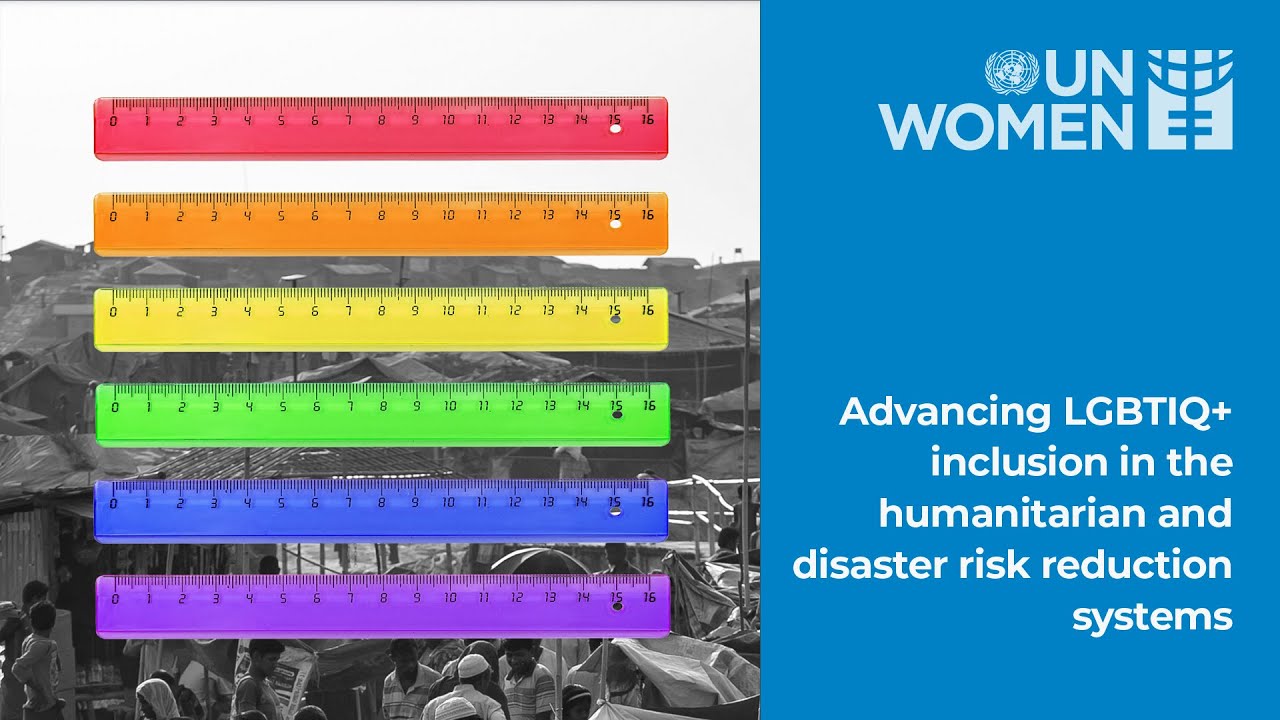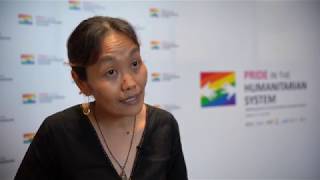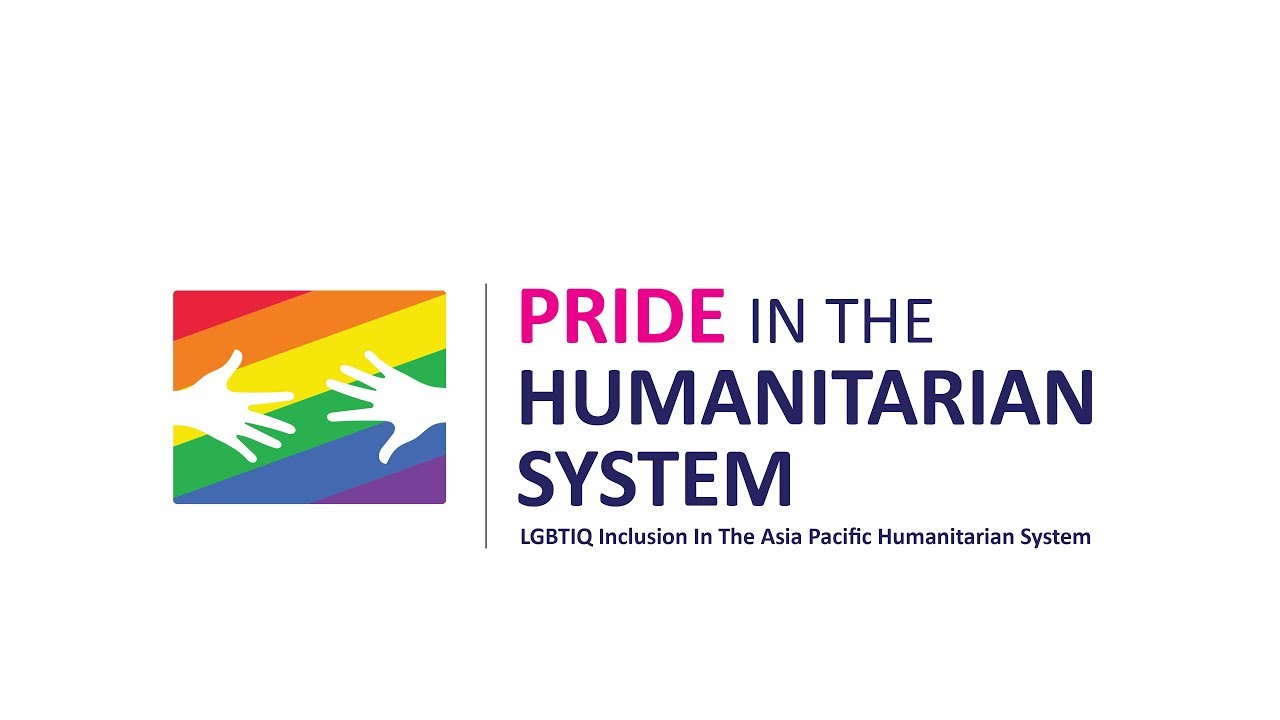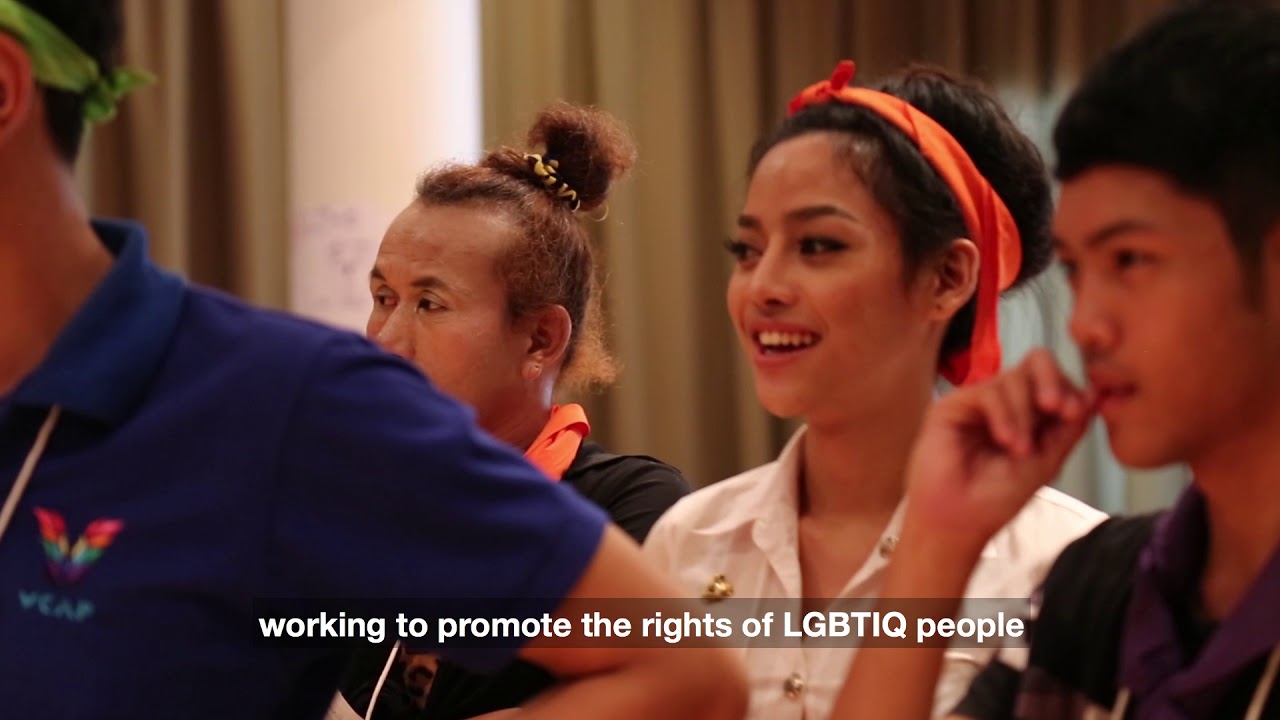As a rights-based, feminist organization, UN Women is committed, in the pursuit of gender equality, to promoting the full realization of the human rights and equality of all people, including women in all their diversity, and all people with diverse sexual orientations, gender identities, gender expressions and sex characteristics (SOGIESC).
That the rights of women and LGBTIQ+ people generally are inextricably linked creates a strong imperative for UN Women's mandate. UN Women adopts an intersectional approach by integrating LGBTIQ+ rights and perspectives in its policy, programming and advocacy work across its triple mandate: normative, coordination and operational. UN Women’s Strategic Plan (2022-25) explicitly recognizes people with diverse ‘sexual orientations and gender identities’ in the context of gender-based inequalities, and the principle of “leaving no one behind” expressed in the Sustainable Development Goals of the Agenda 2030. LGBTIQ+ considerations are applied across our key work areas, namely: governance and participation in public life; economic empowerment; violence; peace and security; and humanitarian action and disaster risk reduction. The considerations are also applied to our cross-cutting areas, including migration, health and HIV.
LGBTIQ+ equality is also a standalone area that intersects with work on disability, youth, racial justice, and transforming patriarchal masculinities and social norms.
The history of feminist and LGBTIQ+ allied movement building is long and rich across cultures and countries. Huge potential lies ahead for mutually reinforcing our common goals towards achieving gender equality, with UN Women at the forefront of setting standards and the agenda.
UN Women has a global specialist dedicated to the rights of LGBTIQ+ people, who was posted to the regional office in Bangkok in late 2022 to enhance the organization’s capacity and build upon programming and policy work in the Asia-Pacific region. From here, they will continue to work across multiple strategic areas by providing technical guidance and substantive contributions at all levels, engaging with intergovernmental processes globally and regionally, across UN agencies, and with a diversity of civil society and other actors.
LGBTIQ+ is an acronym for lesbian, gay, bisexual, transgender, intersex and queer people, and people who use other terms or none to describe their SOGIESC. UN Women also uses the term “people with diverse SOGIESC” where appropriate in global contexts while respecting their distinctions. We note that neither term is universally applicable nor reflects the full diversity of sexual and gender formations, practices and identities that exist, that terms and their usage are constantly evolving, and that SOGIESC applies to all people. In practice, various culturally, linguistically and context-specific terms may be used where appropriate.
Other terms include hijra, meti, lala, skesana, motsoalle, mithli, kuchu, kawein, travesty, muxé, fa’afafine, fakaleiti, hamjensgara and Two-Spirit.
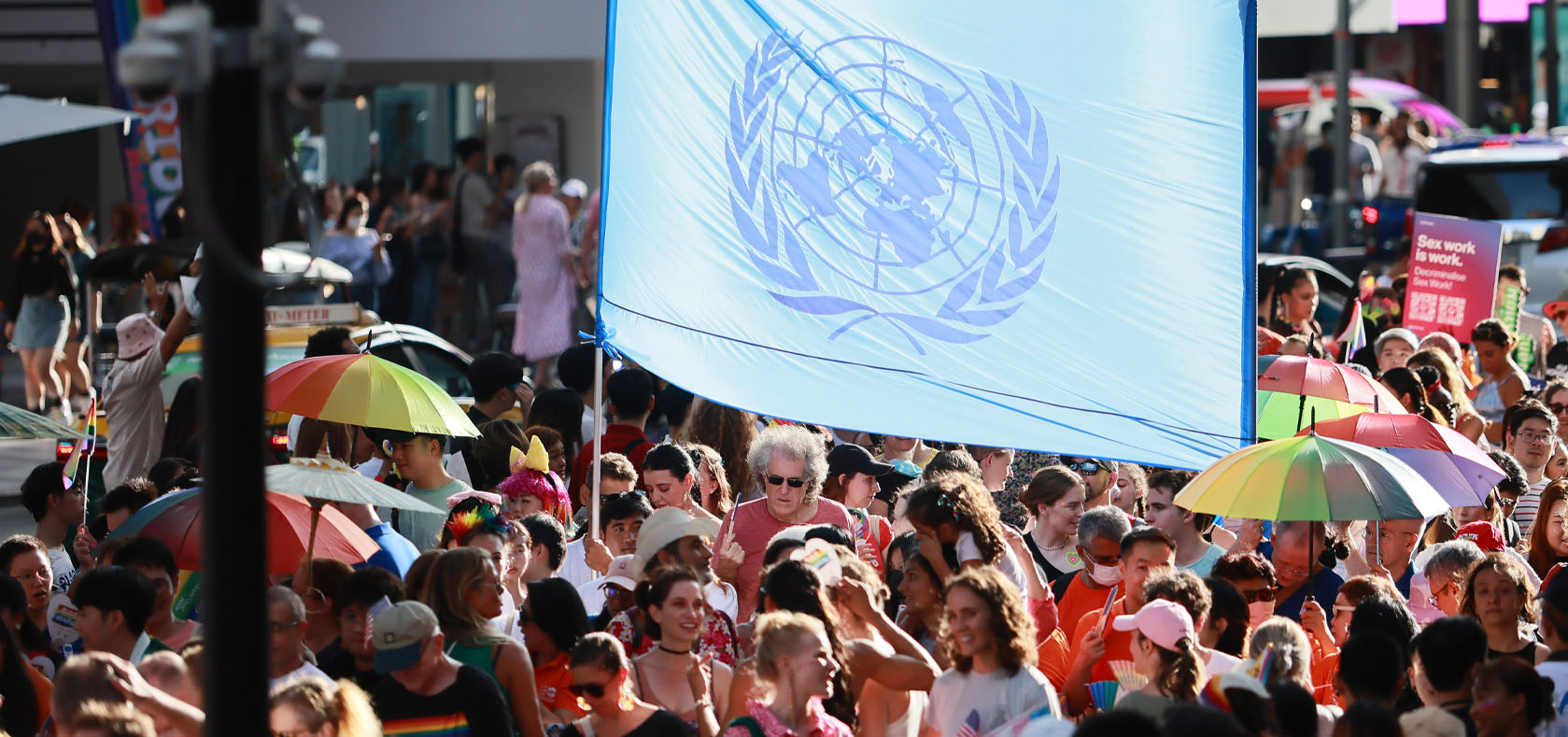
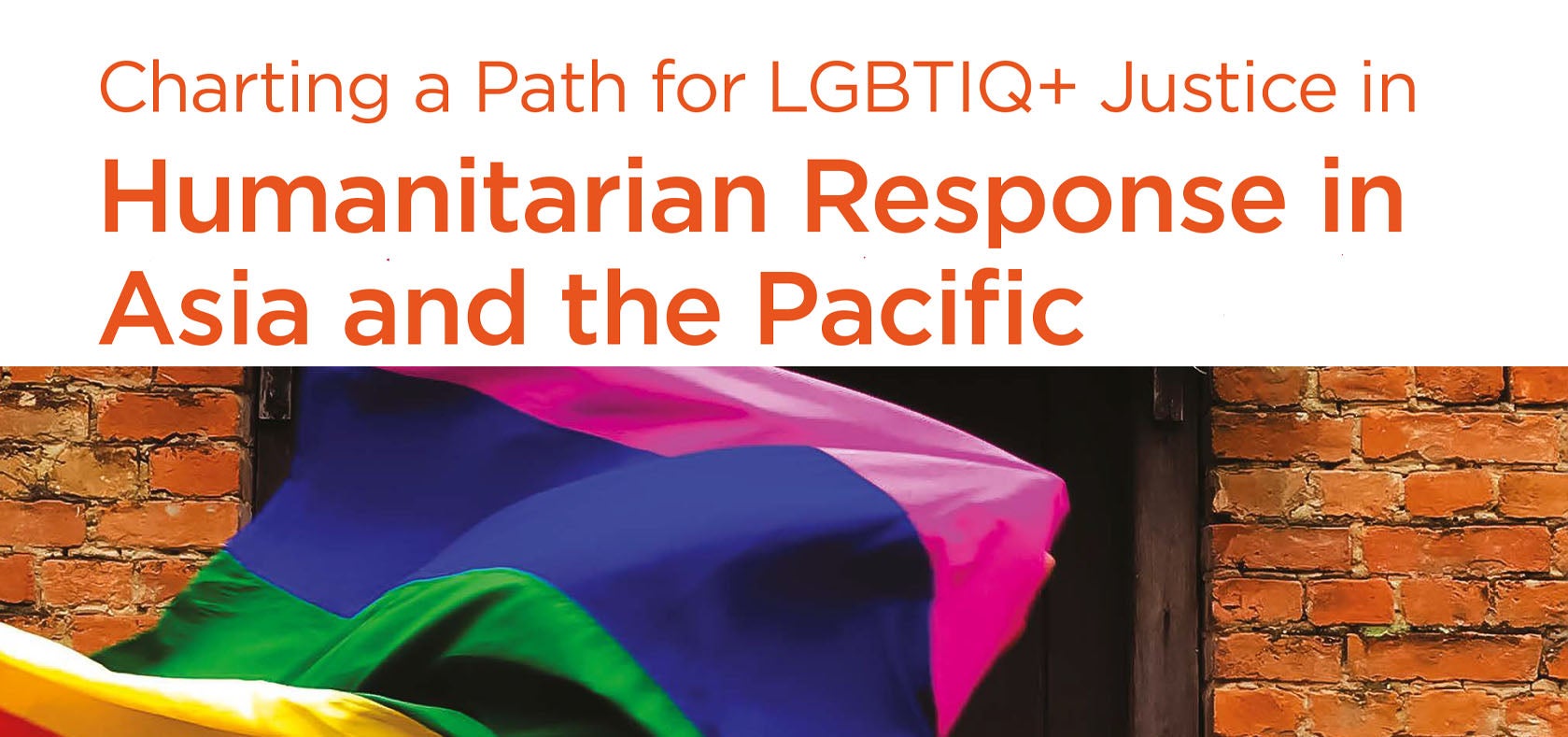
![[cover]](/sites/default/files/2024-06/hq-unwomen-submission-on-electoral-part-1679px.jpg?t=1719398580)
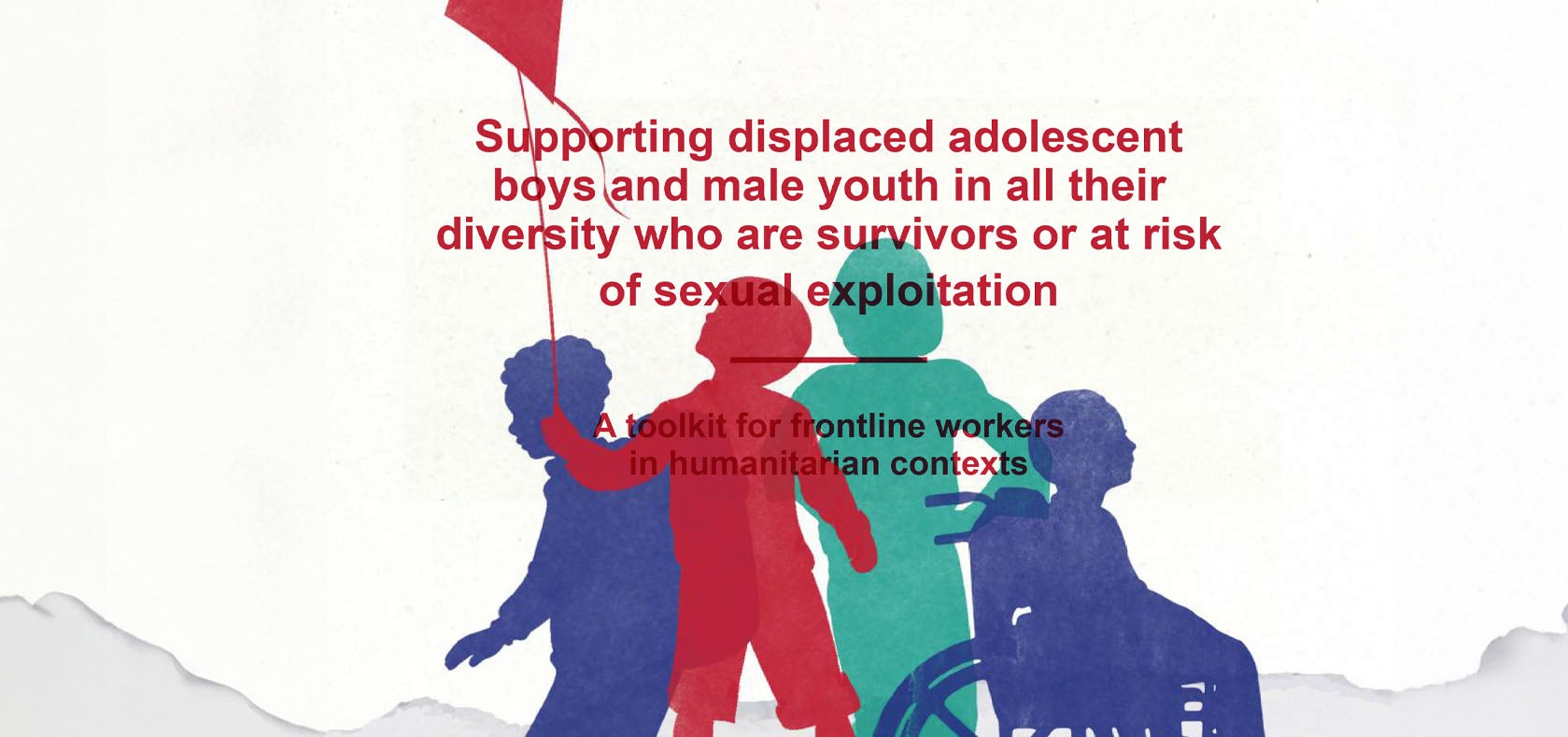
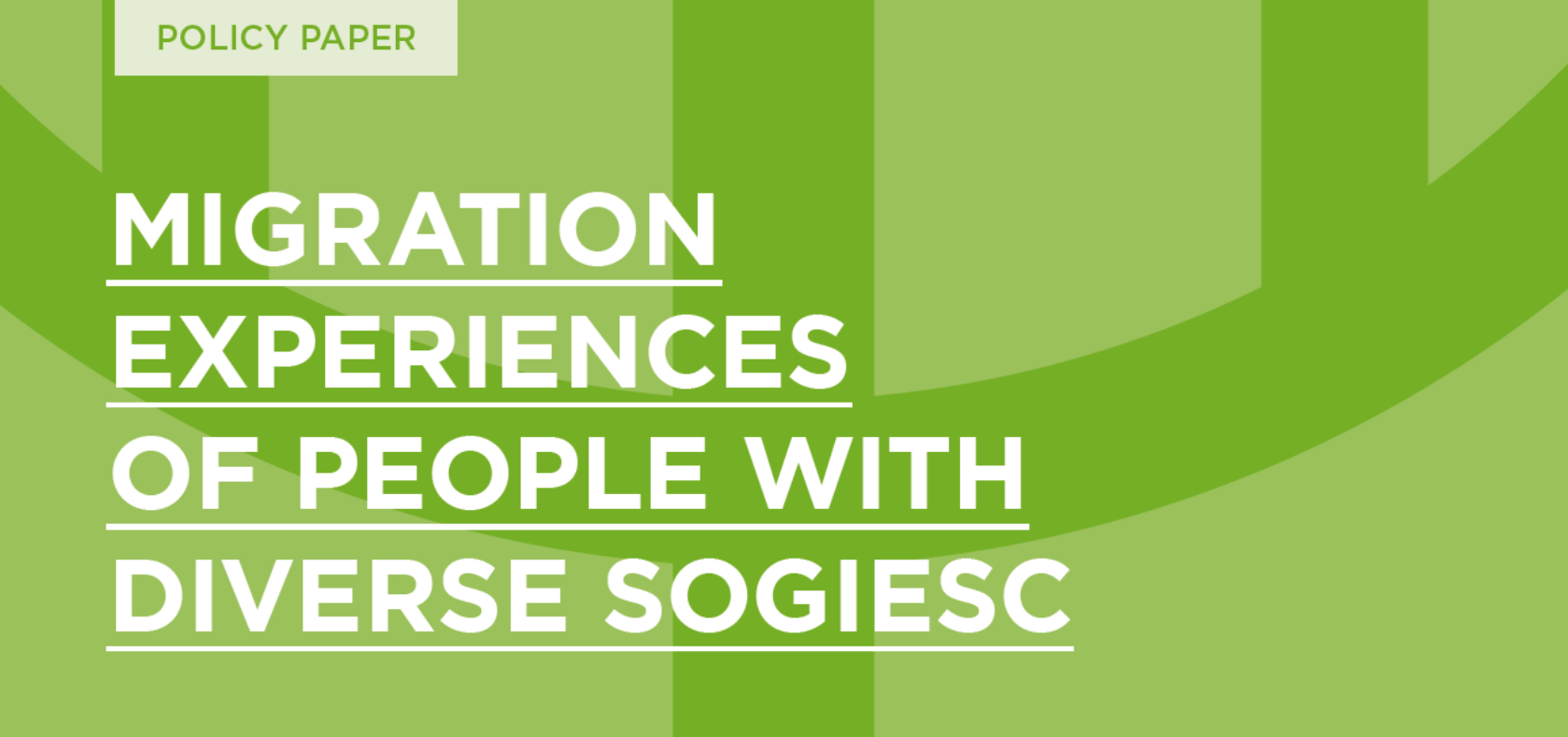
![[cover]](/sites/default/files/2023-07/ap-lgbtiq-right-1679px.jpg?t=1689217983)
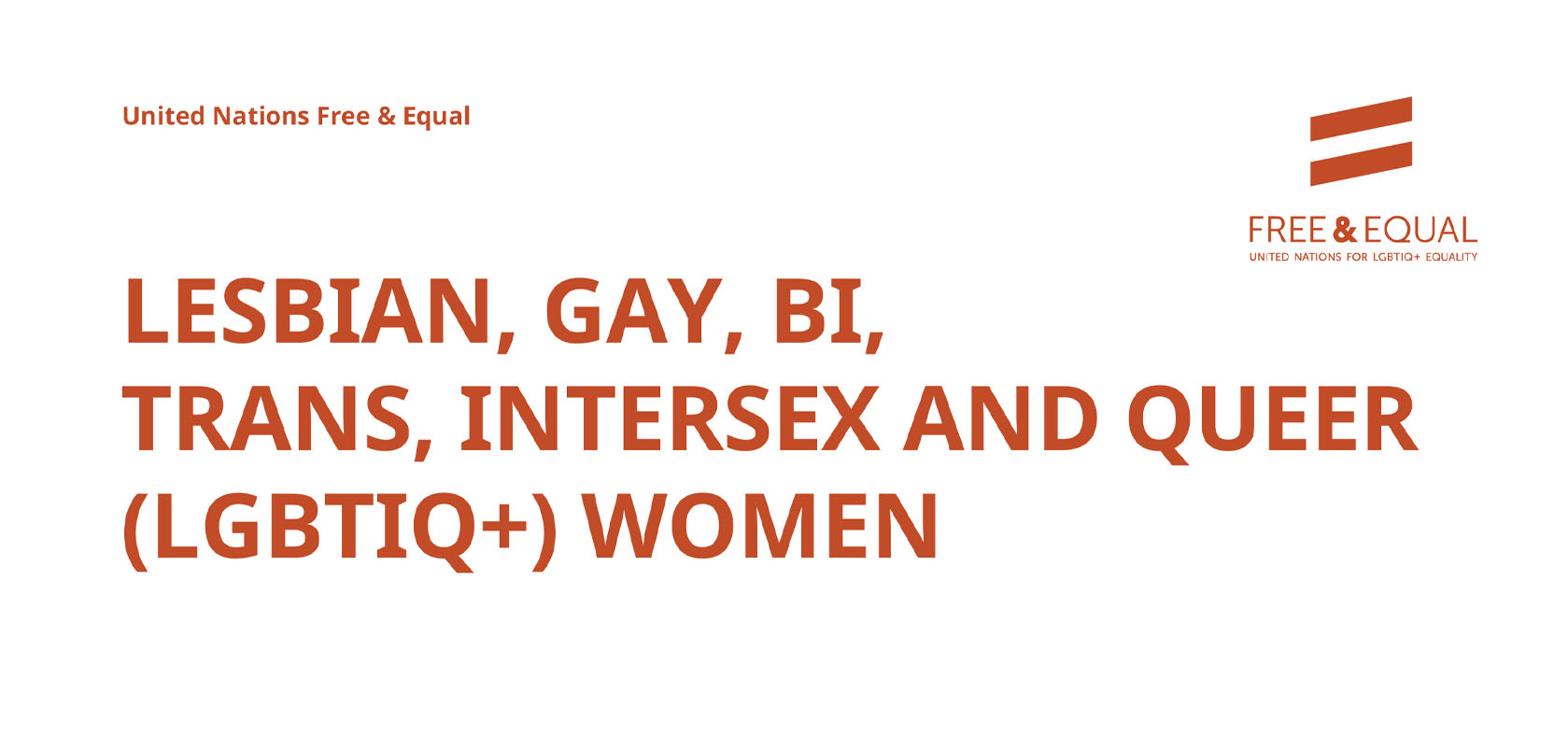
![[cover]](/sites/default/files/2023-07/ap-lgbti-resource-guide-1679px.jpg?t=1689218035)
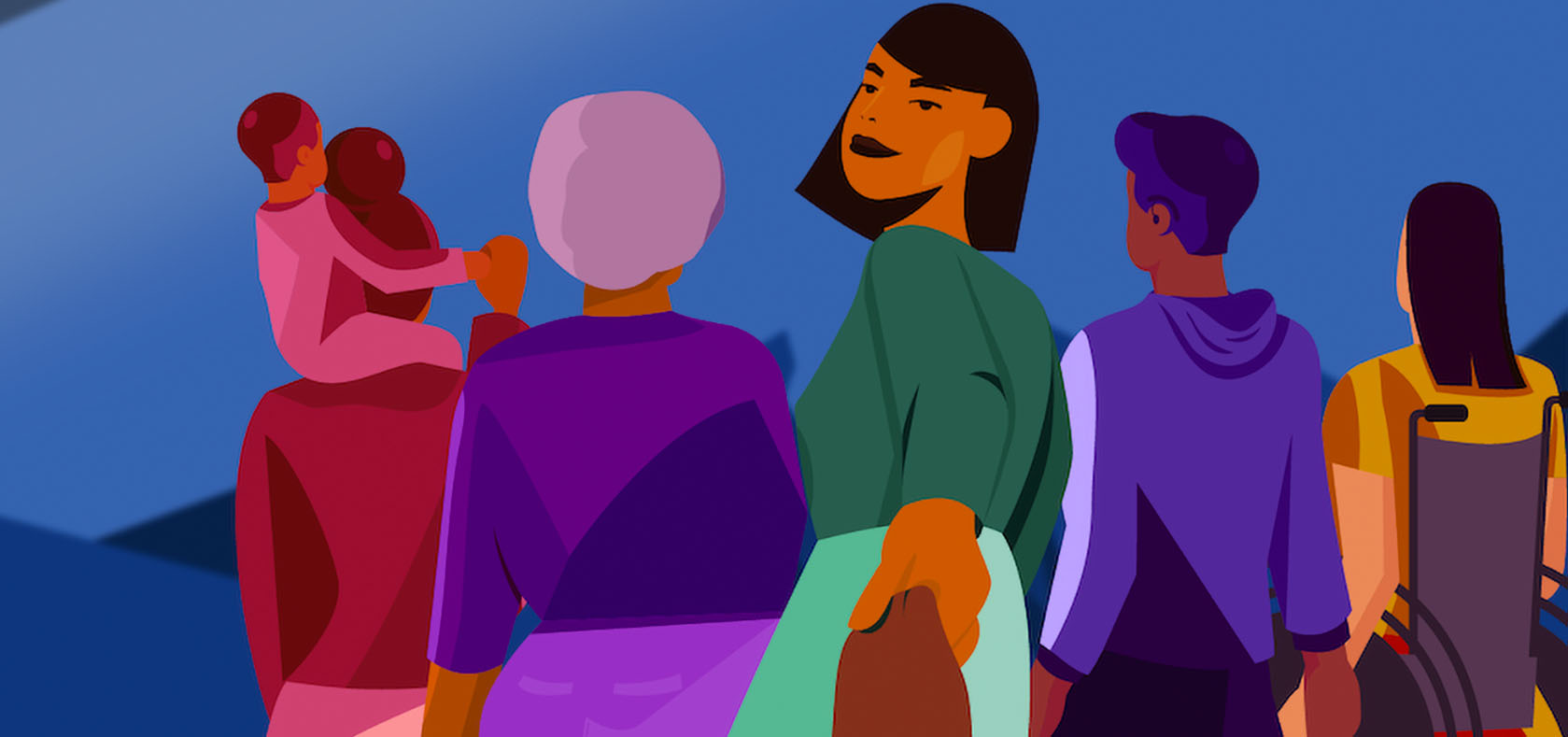
![[cover]](/sites/default/files/2023-07/ap-integrating-gender-into-humanitarian-action-1789px.jpg?t=1689218142)
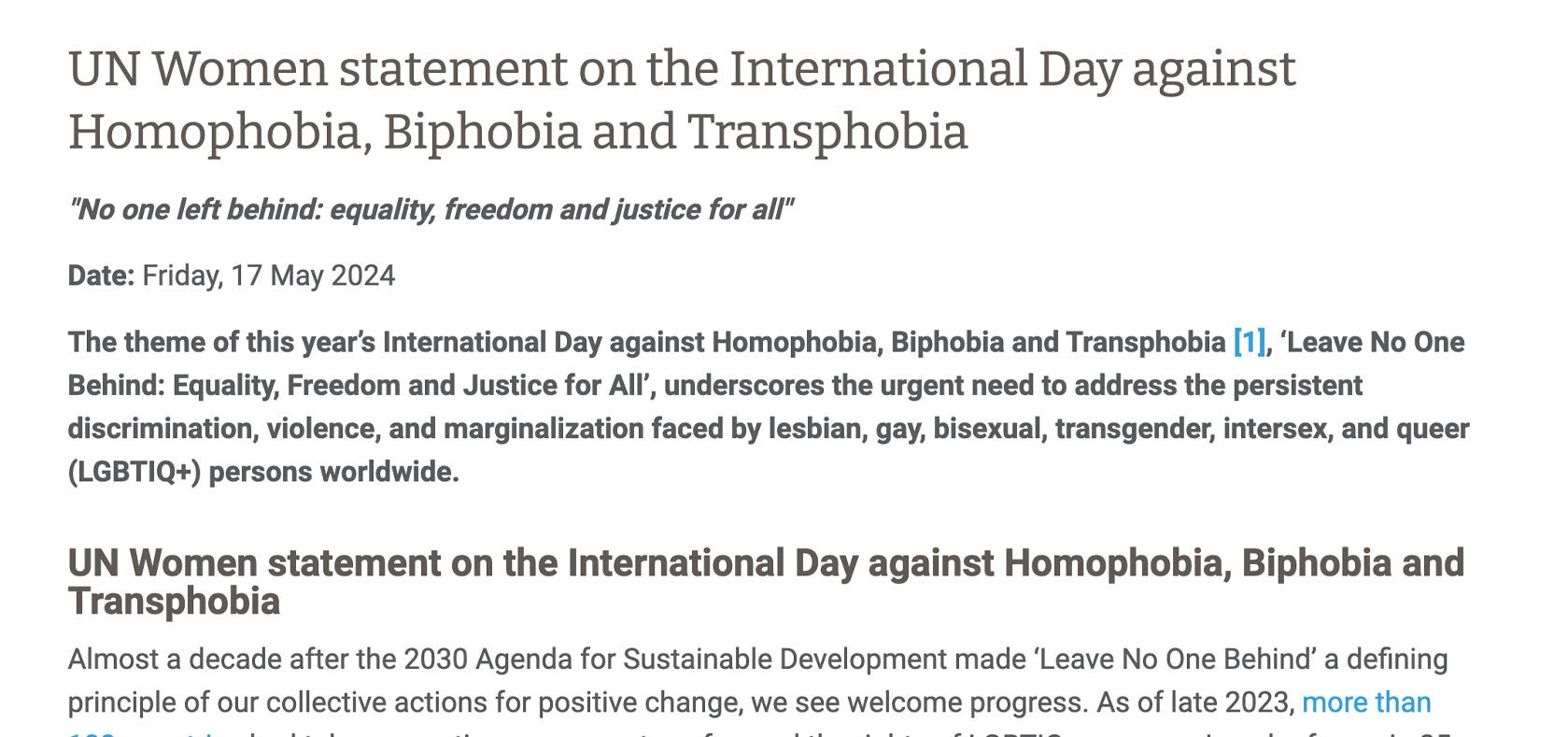
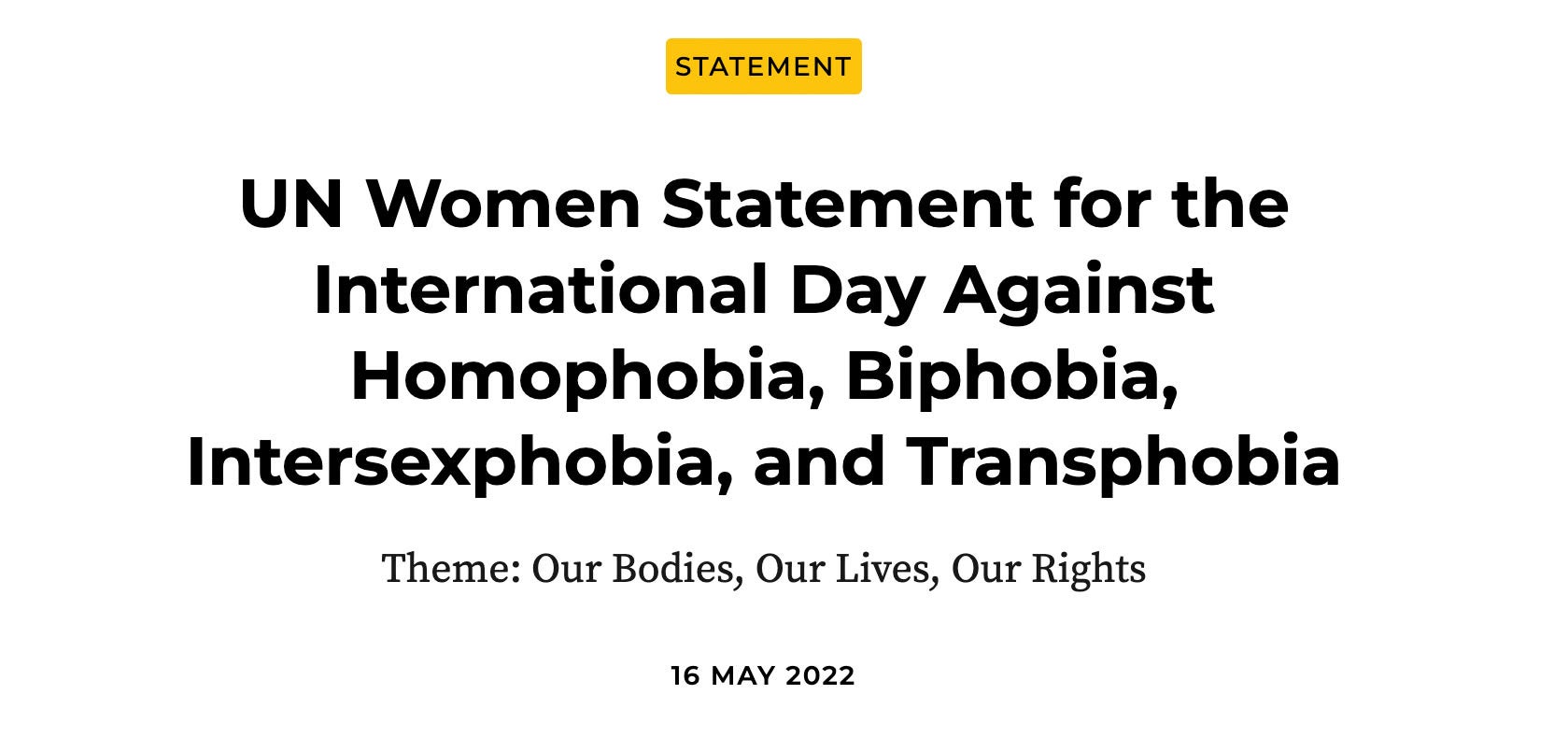
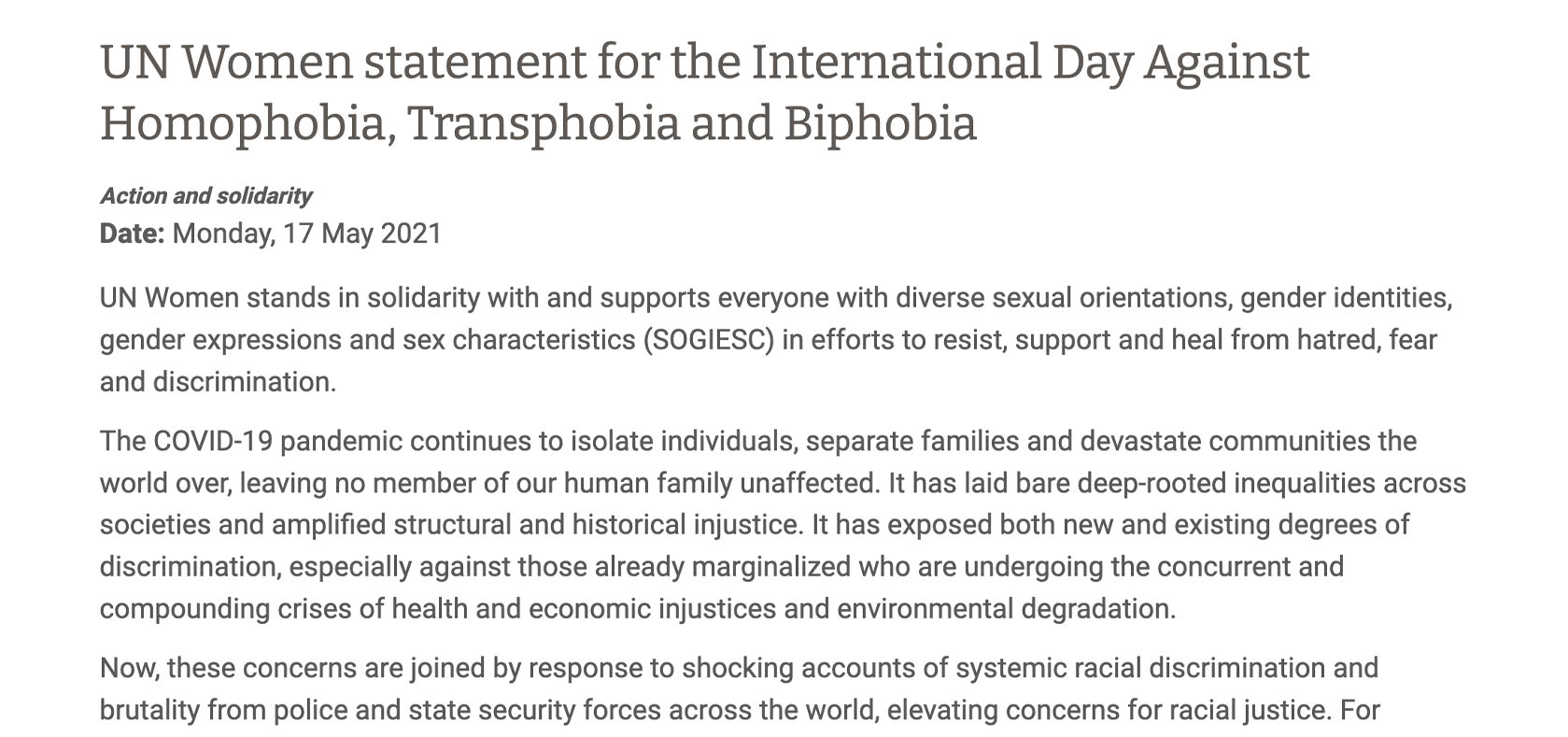
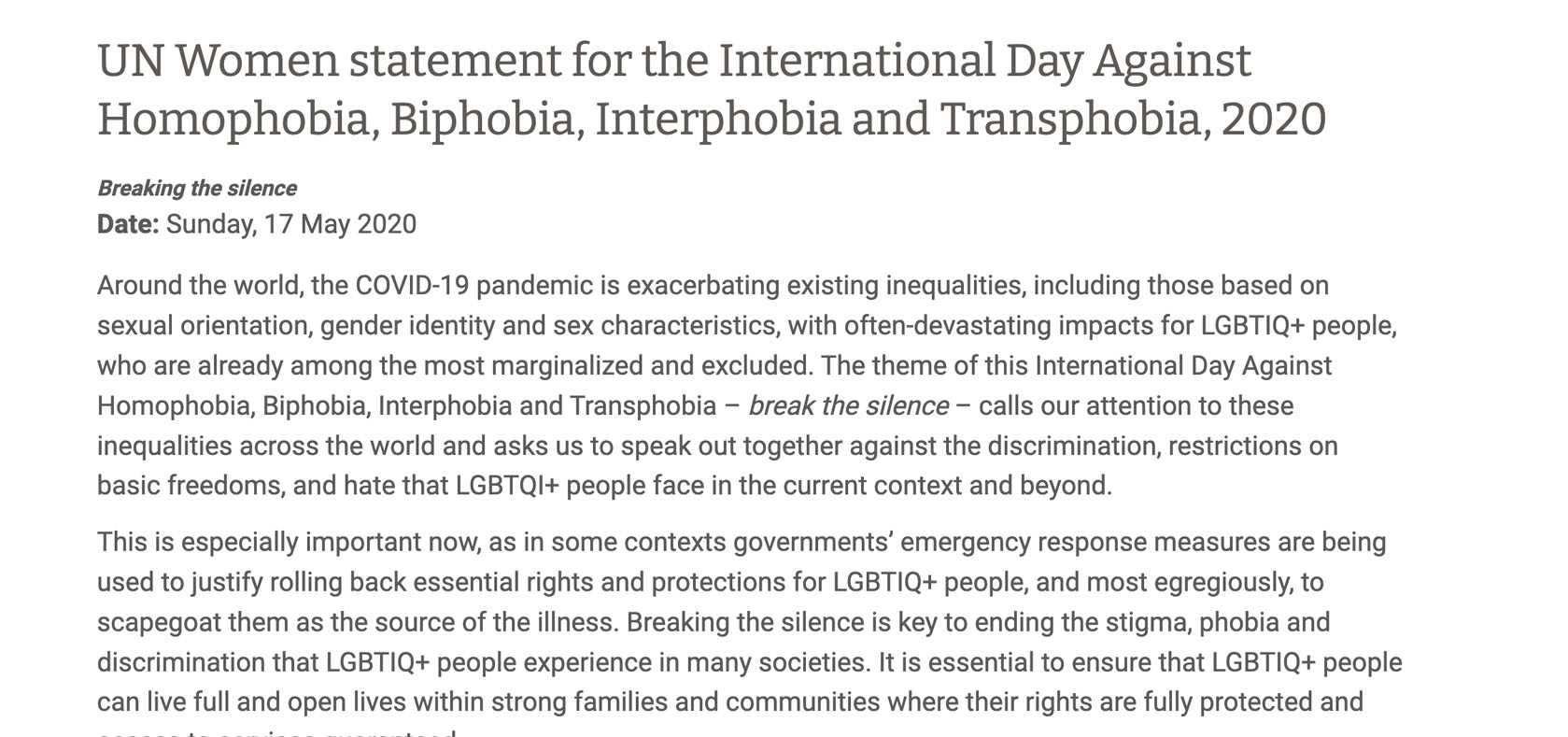
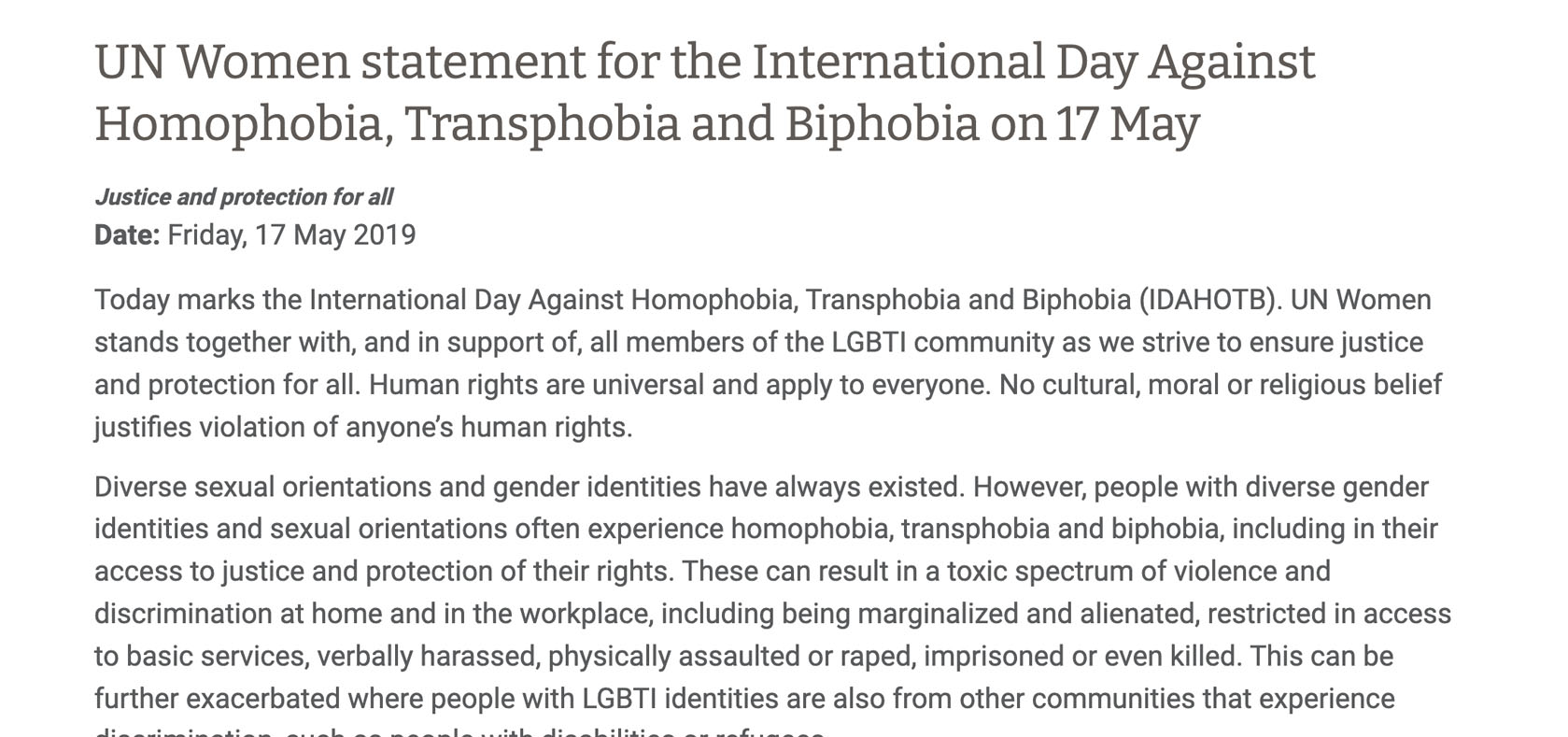
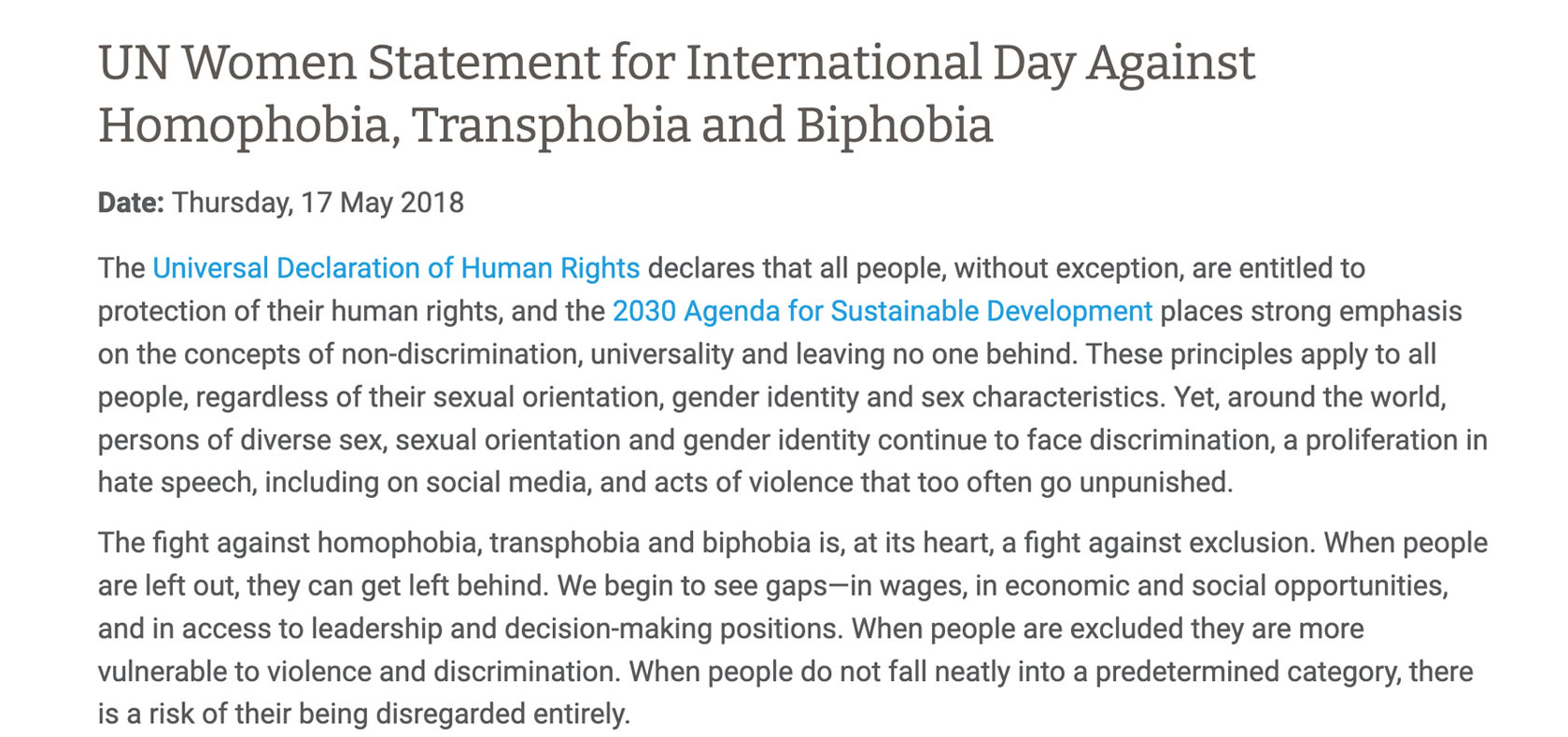
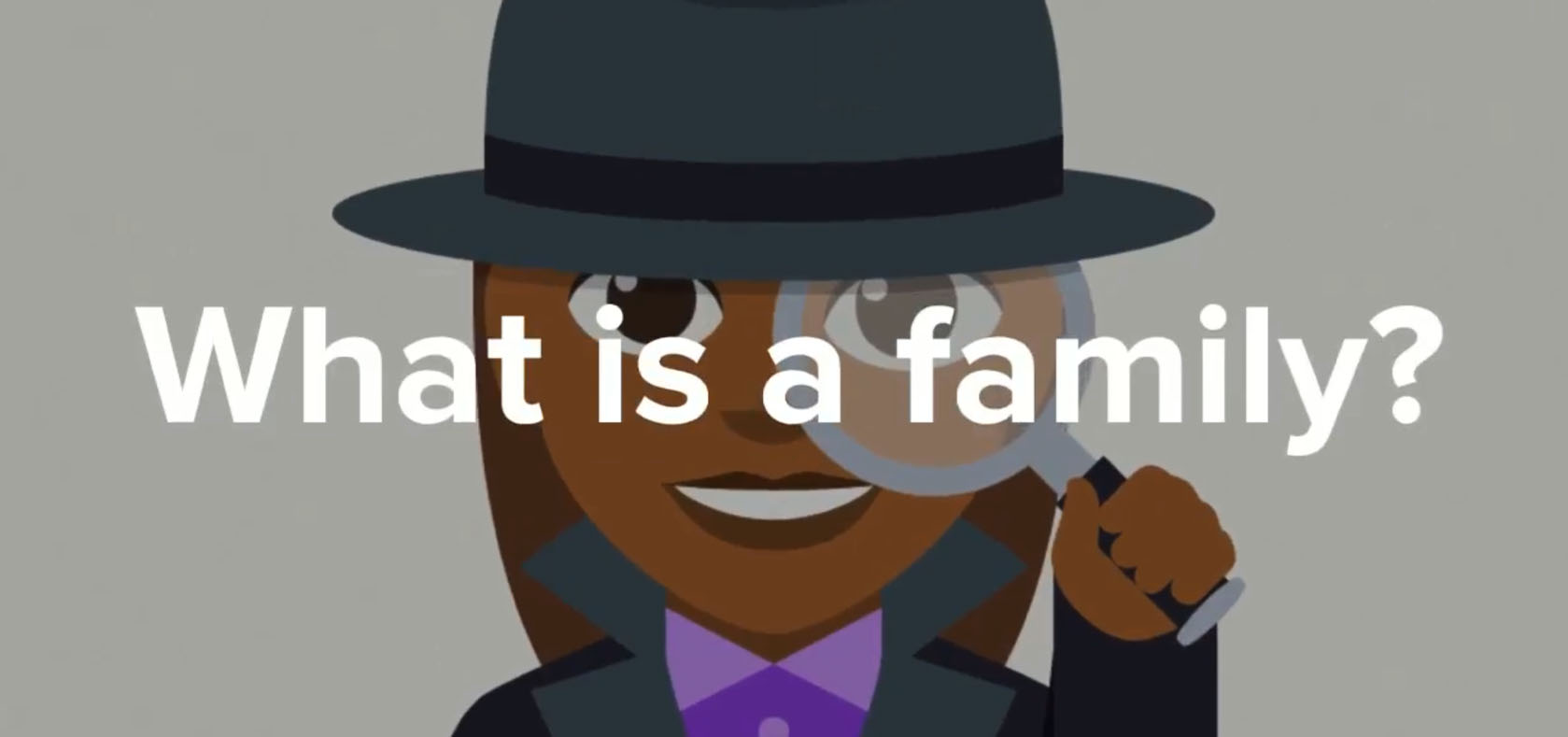
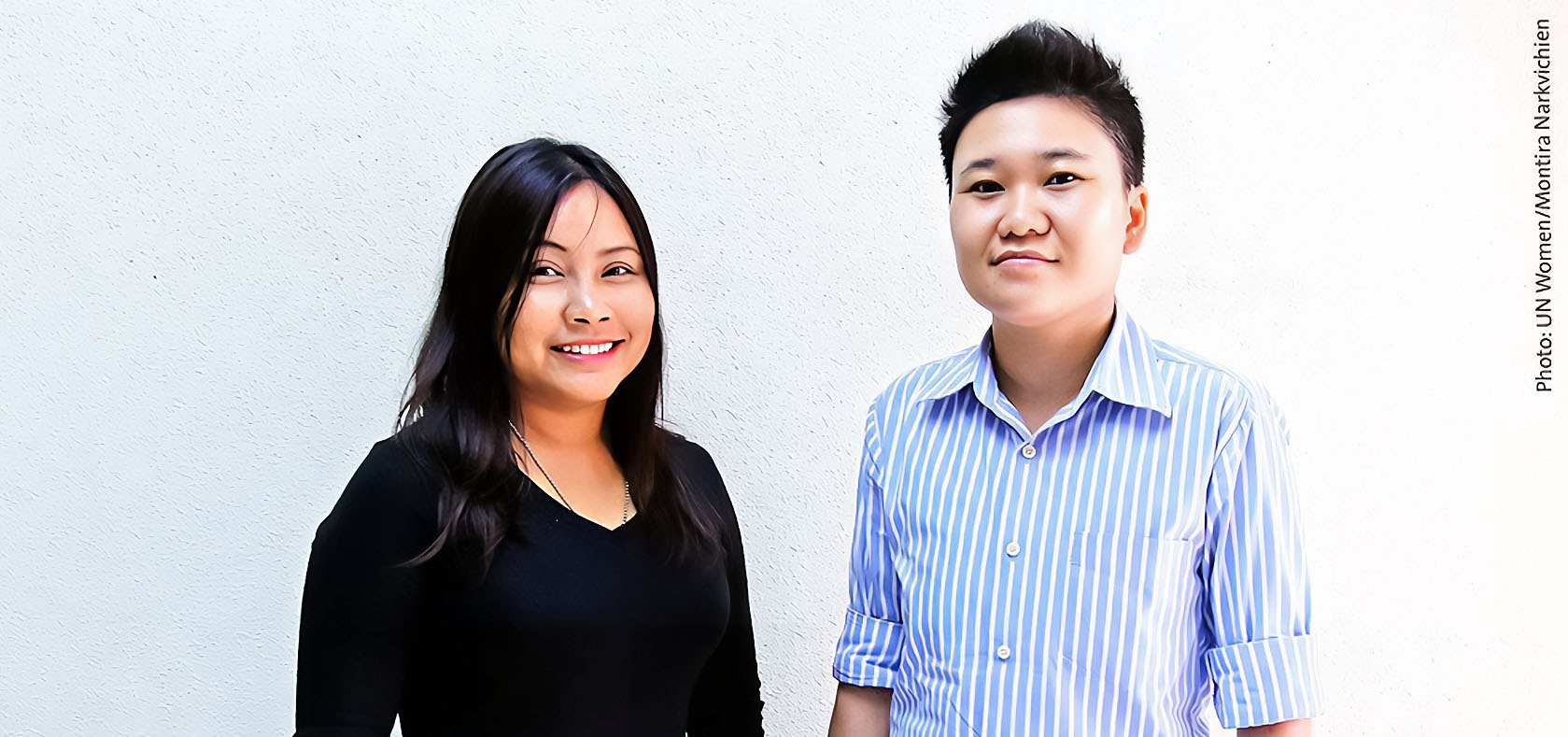
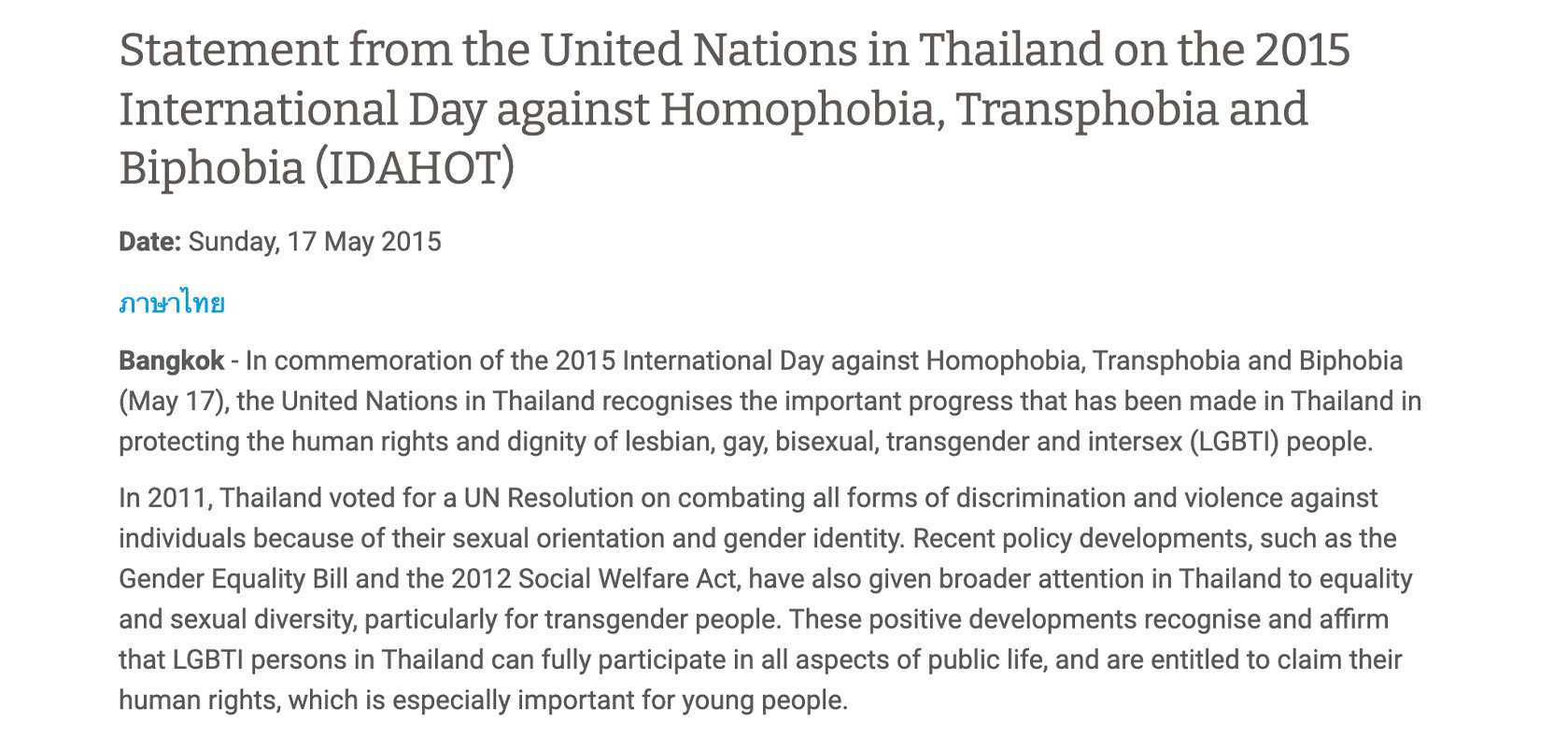
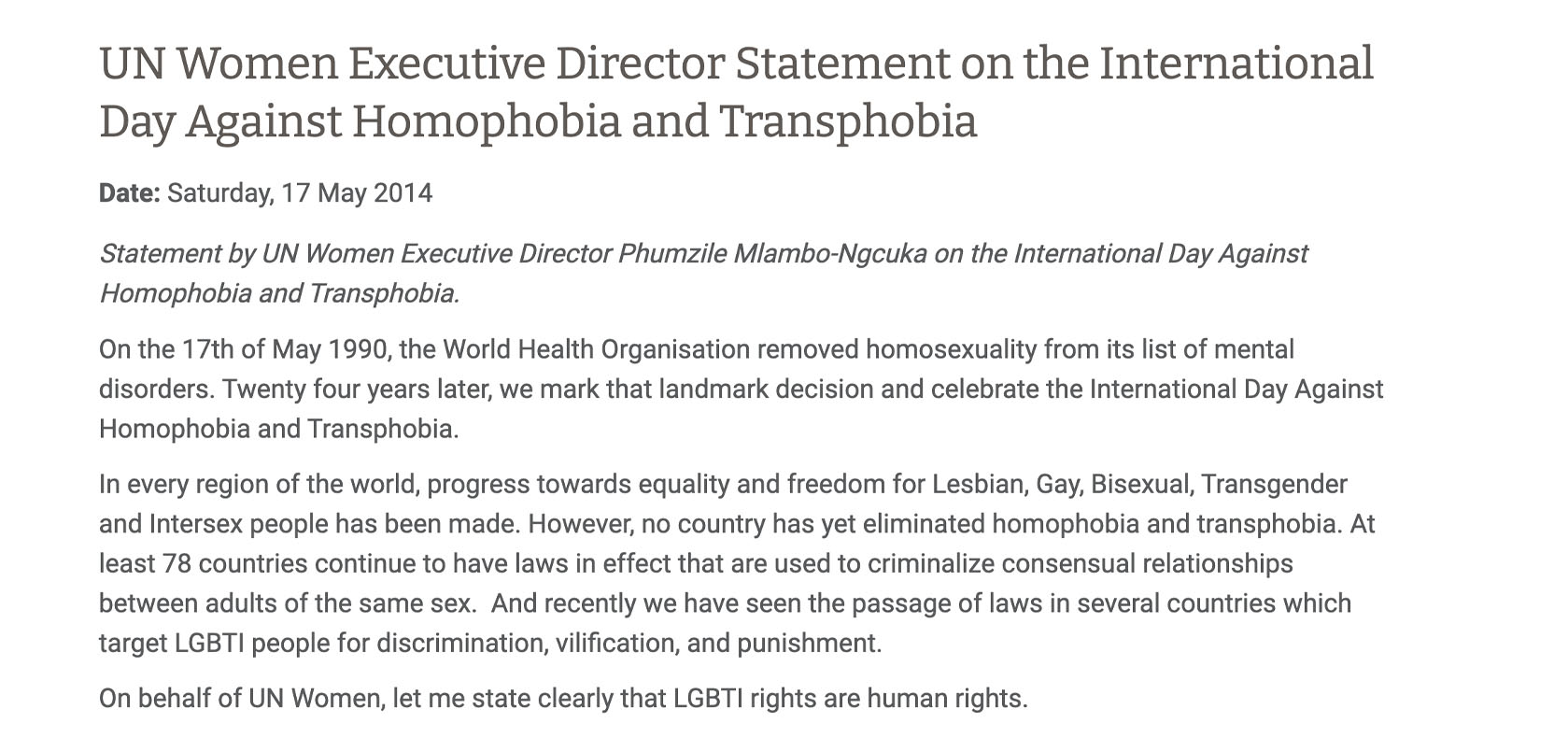
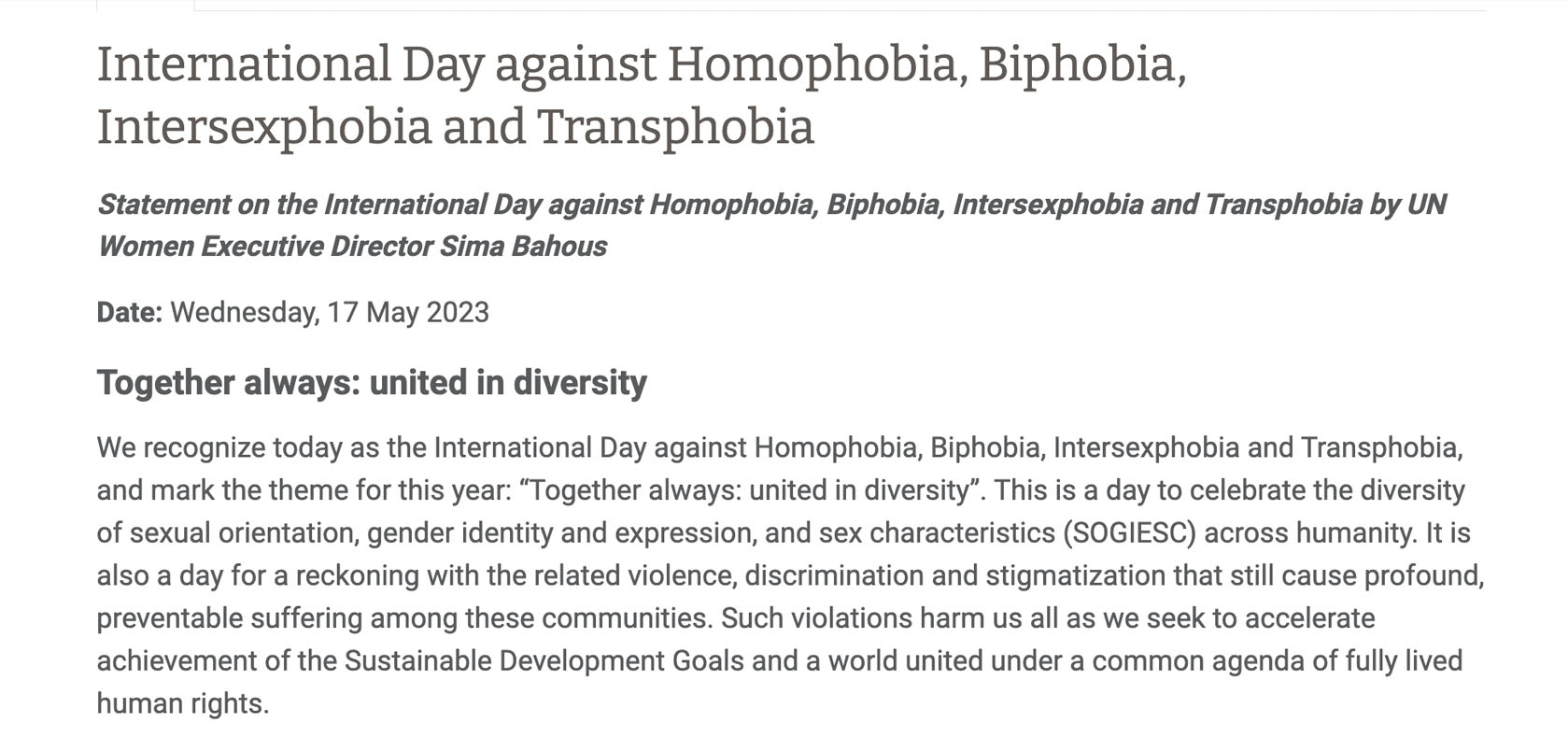
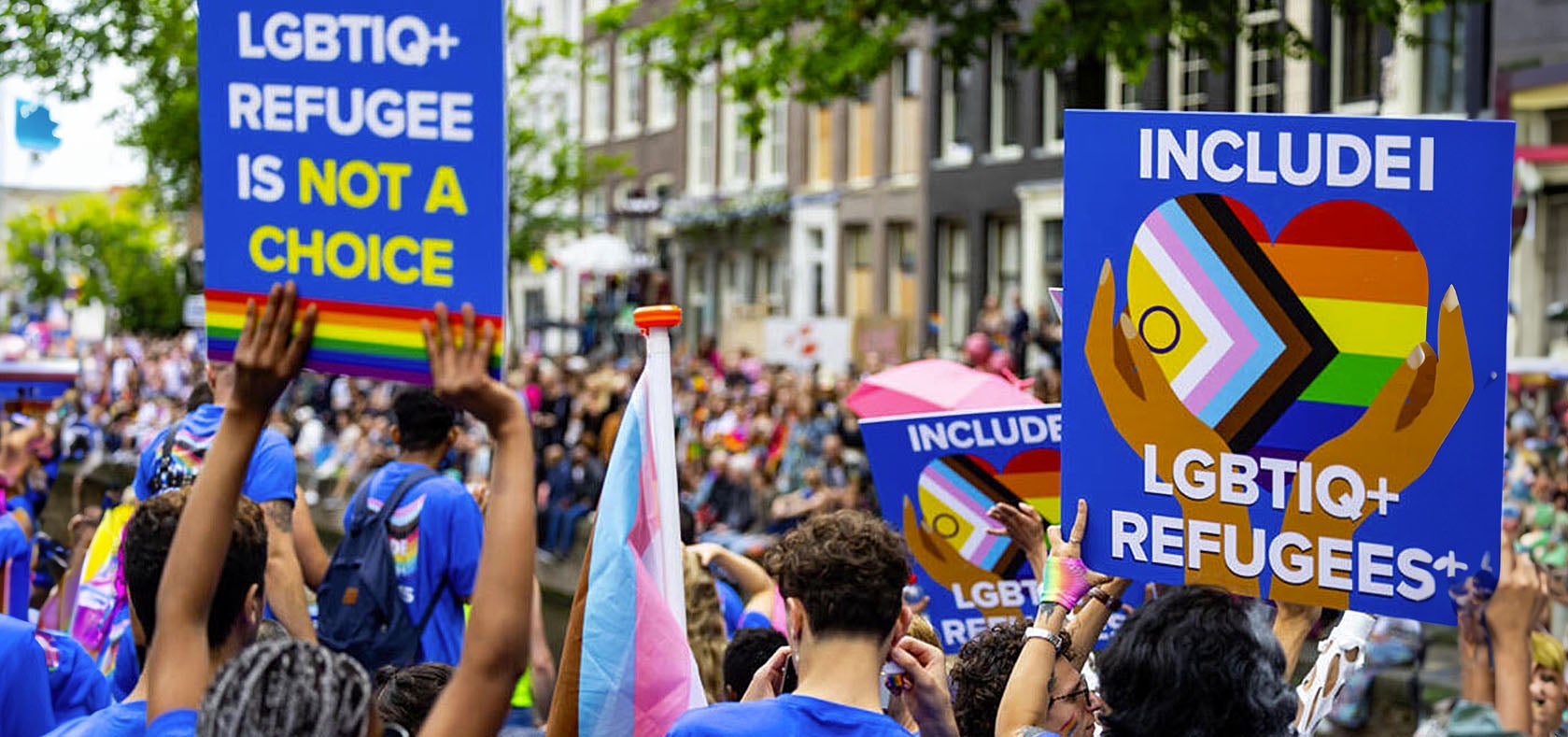
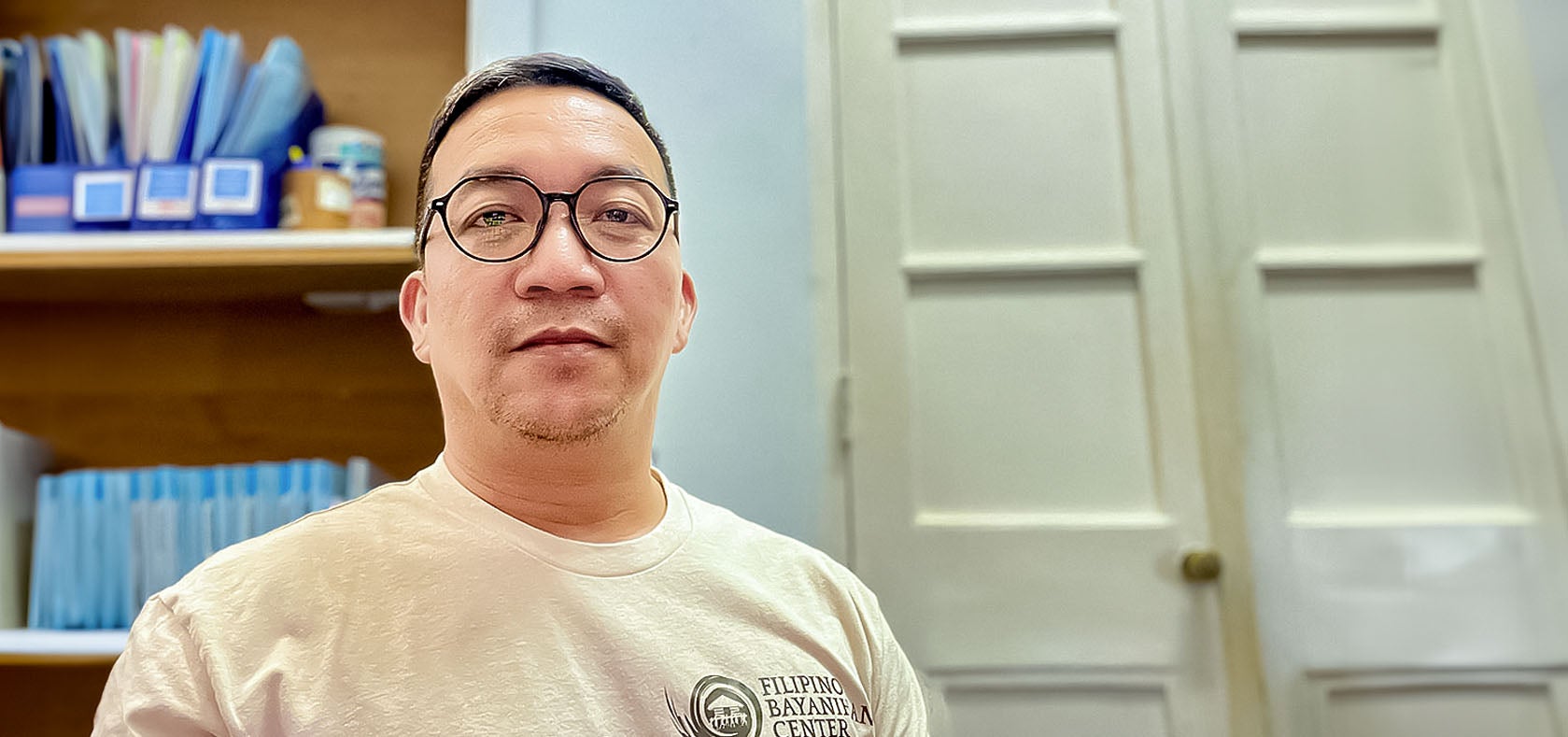
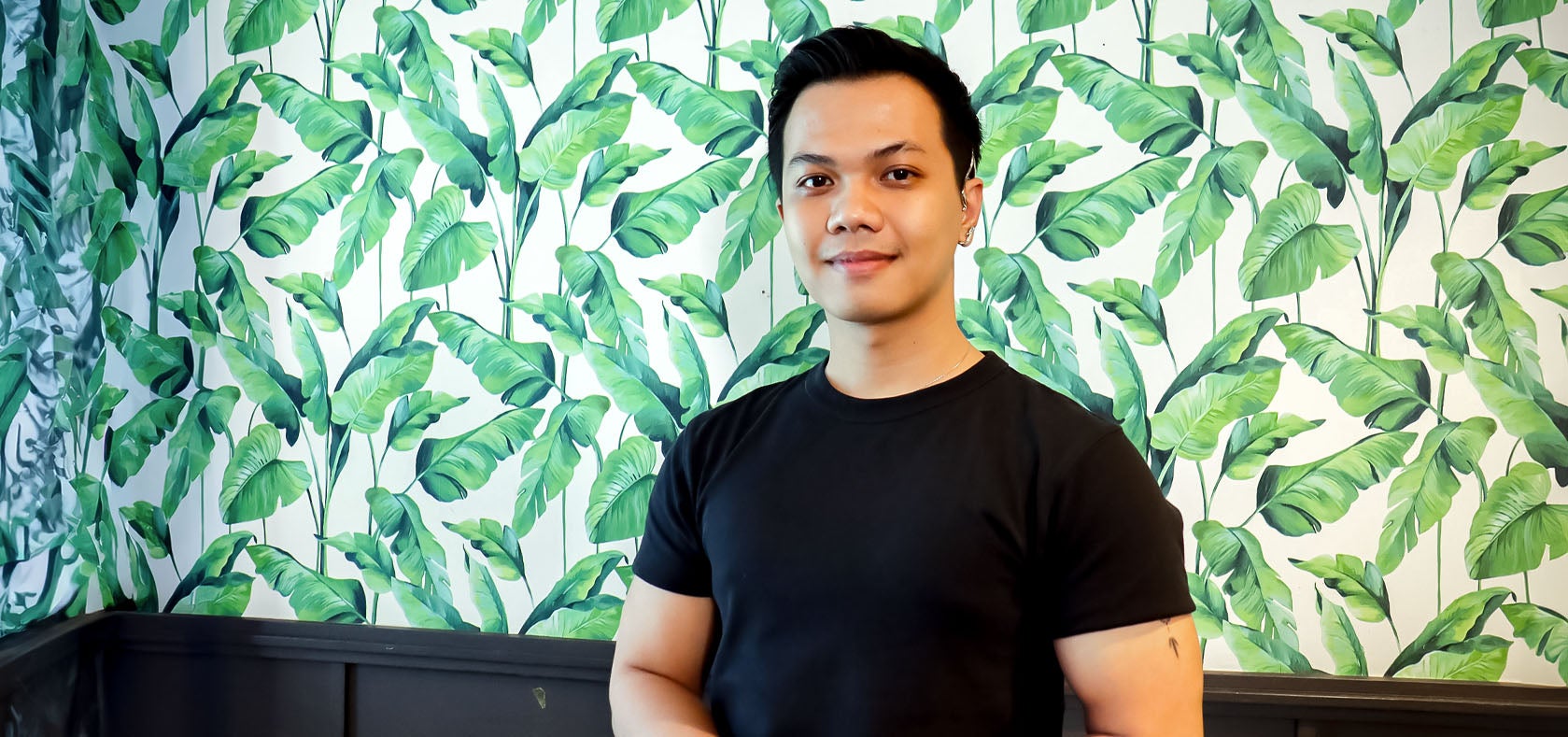
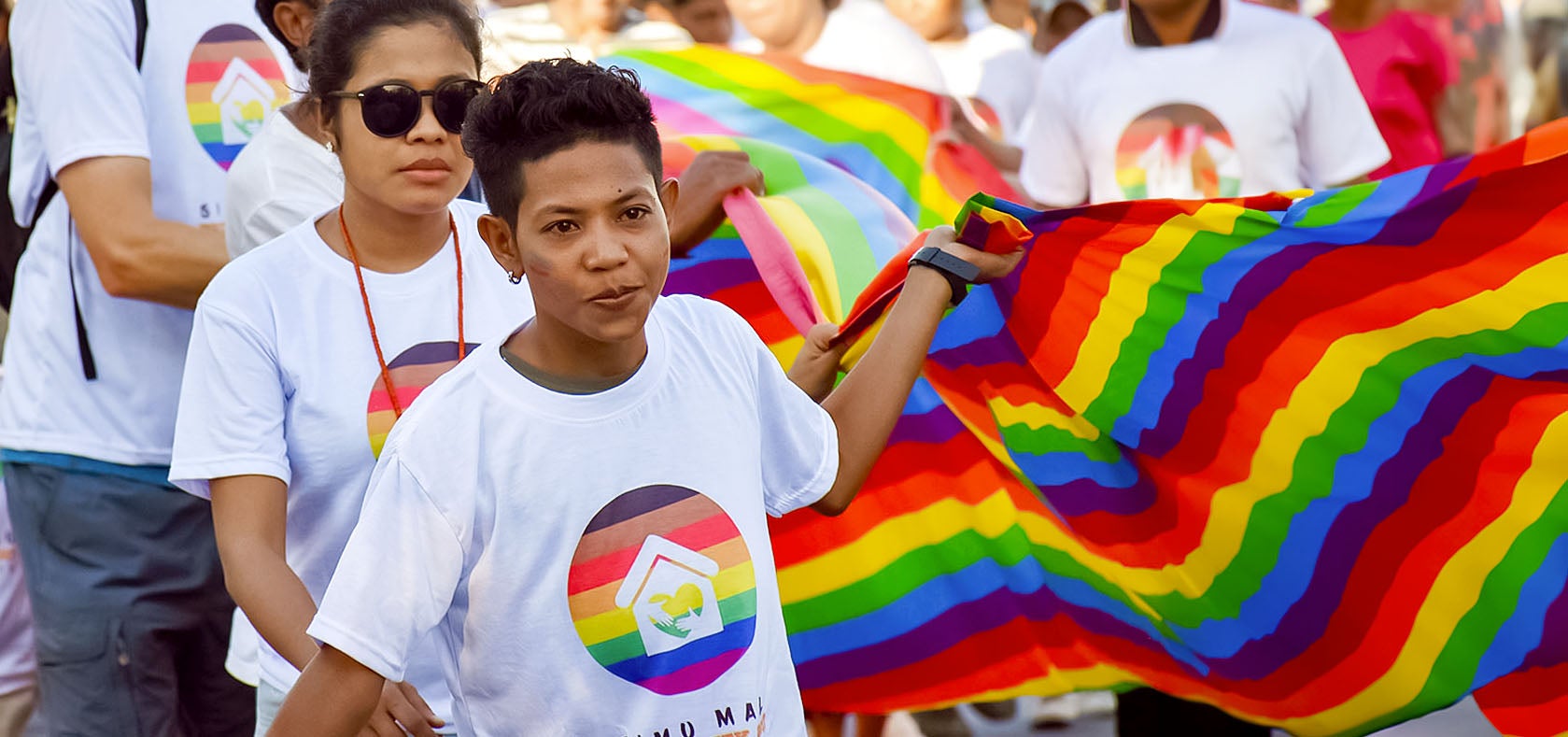
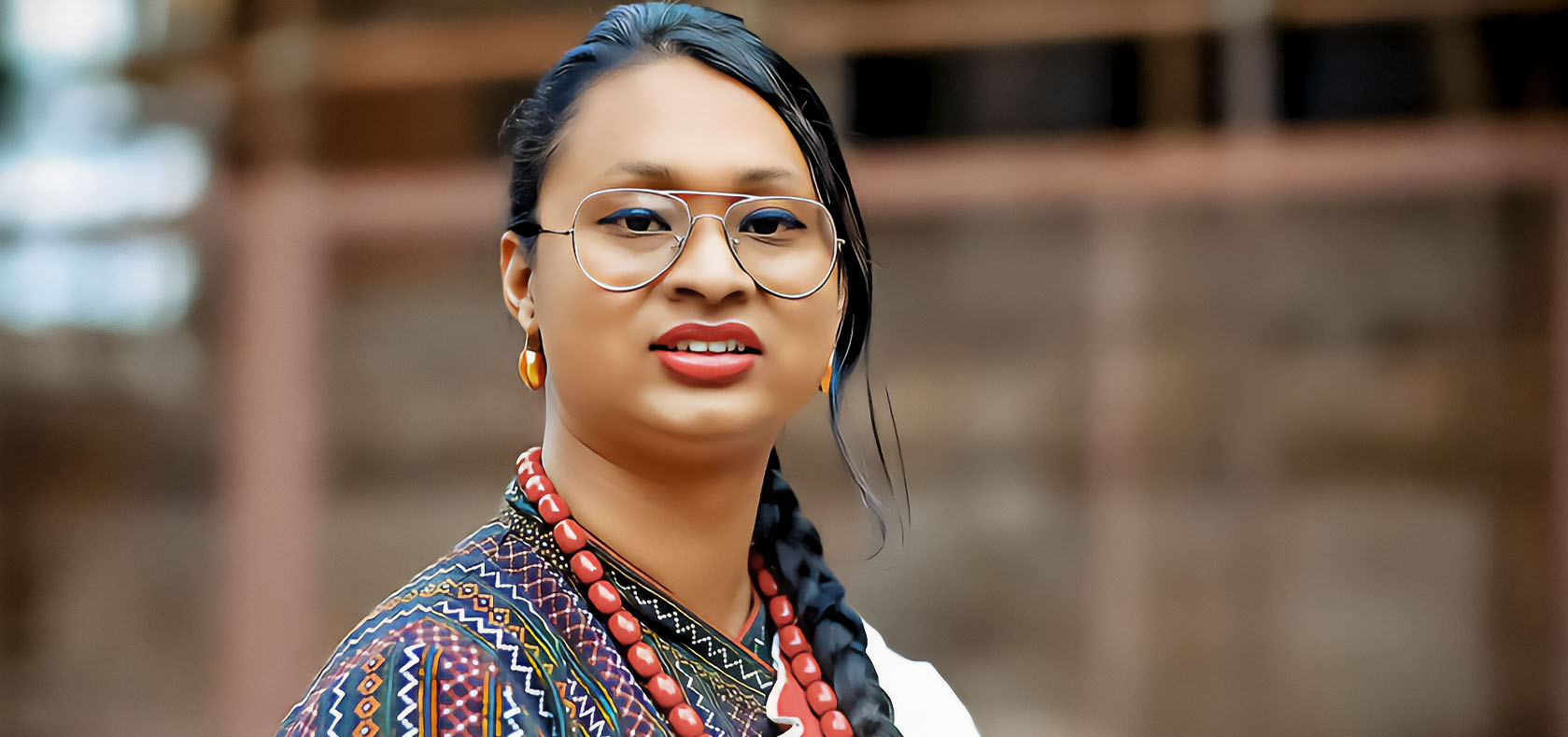
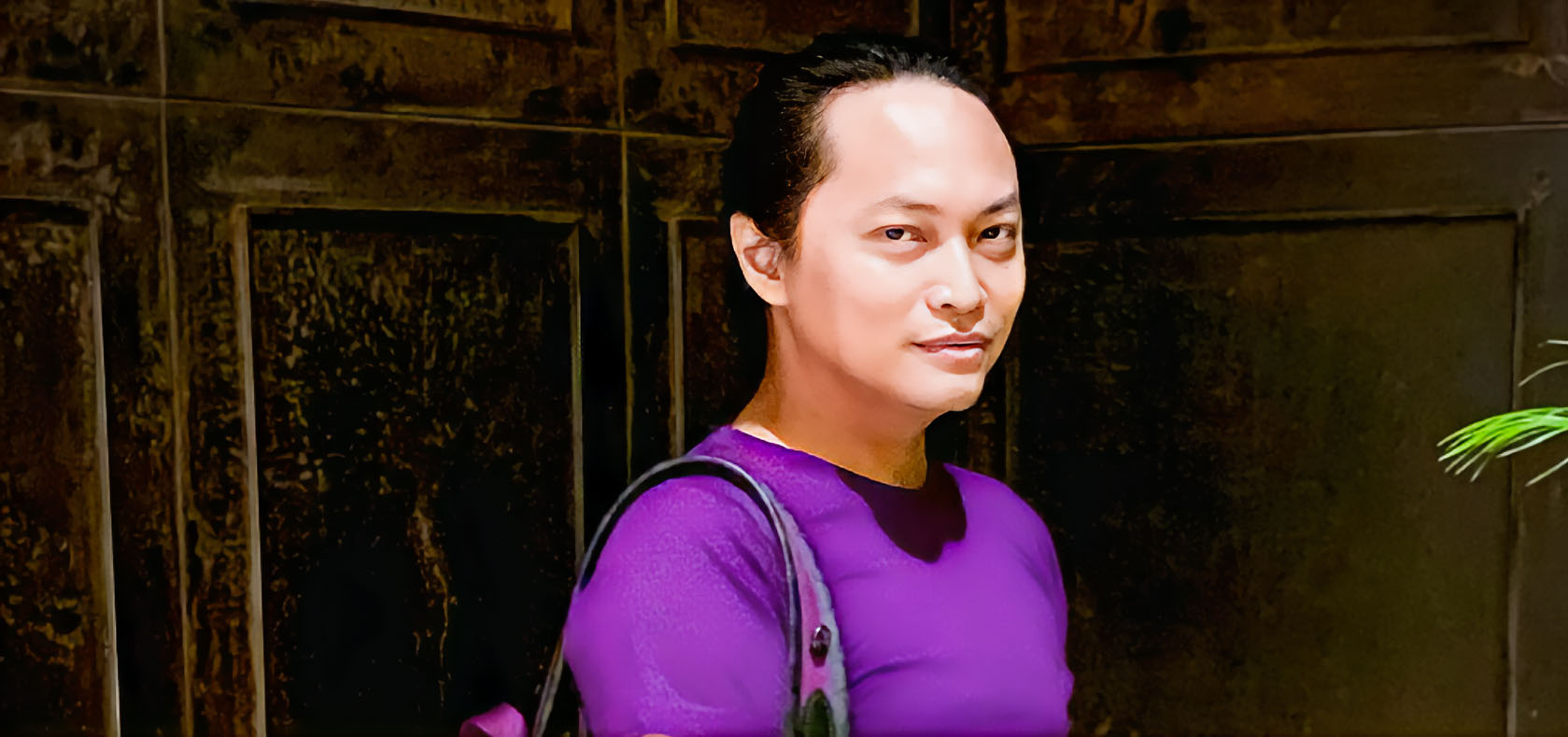
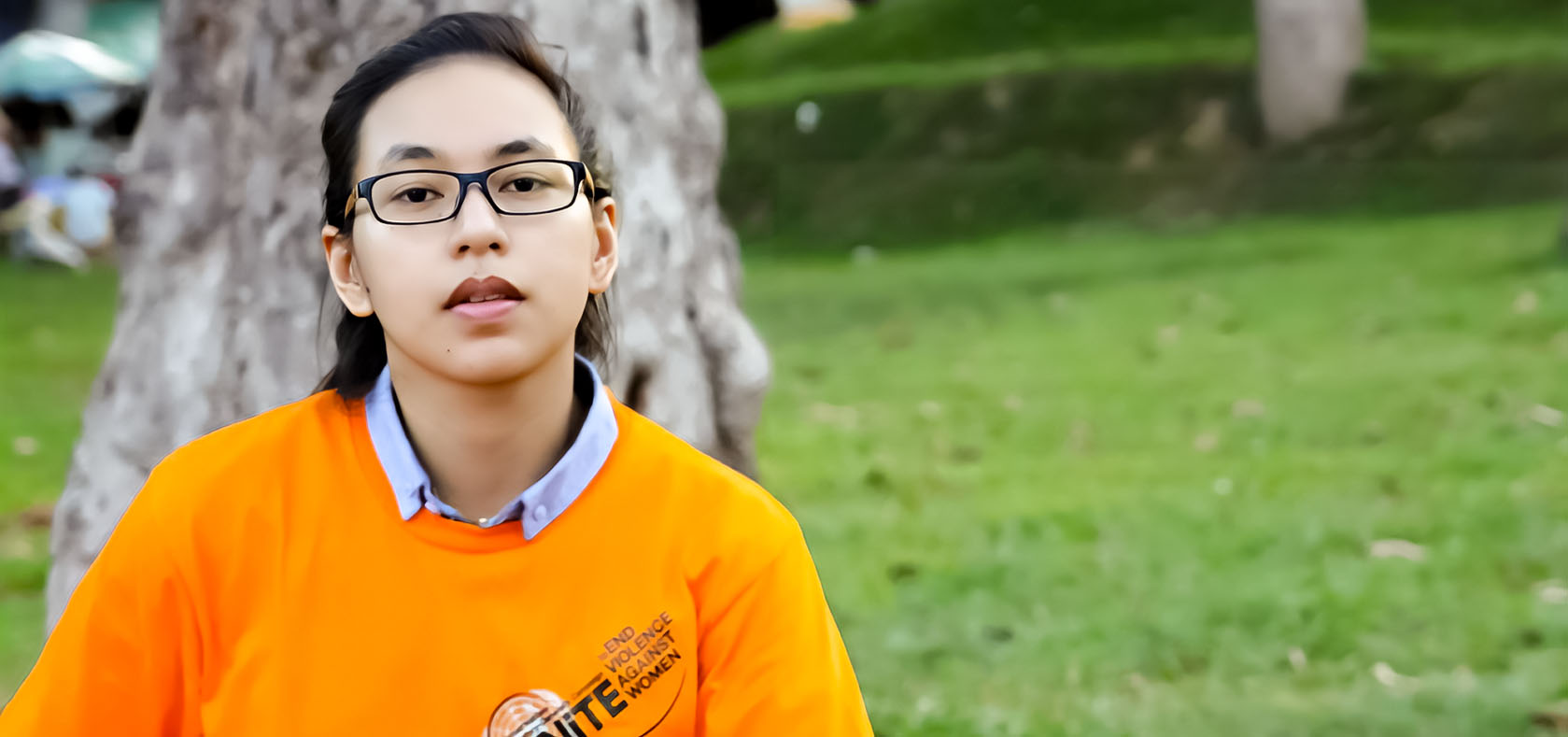
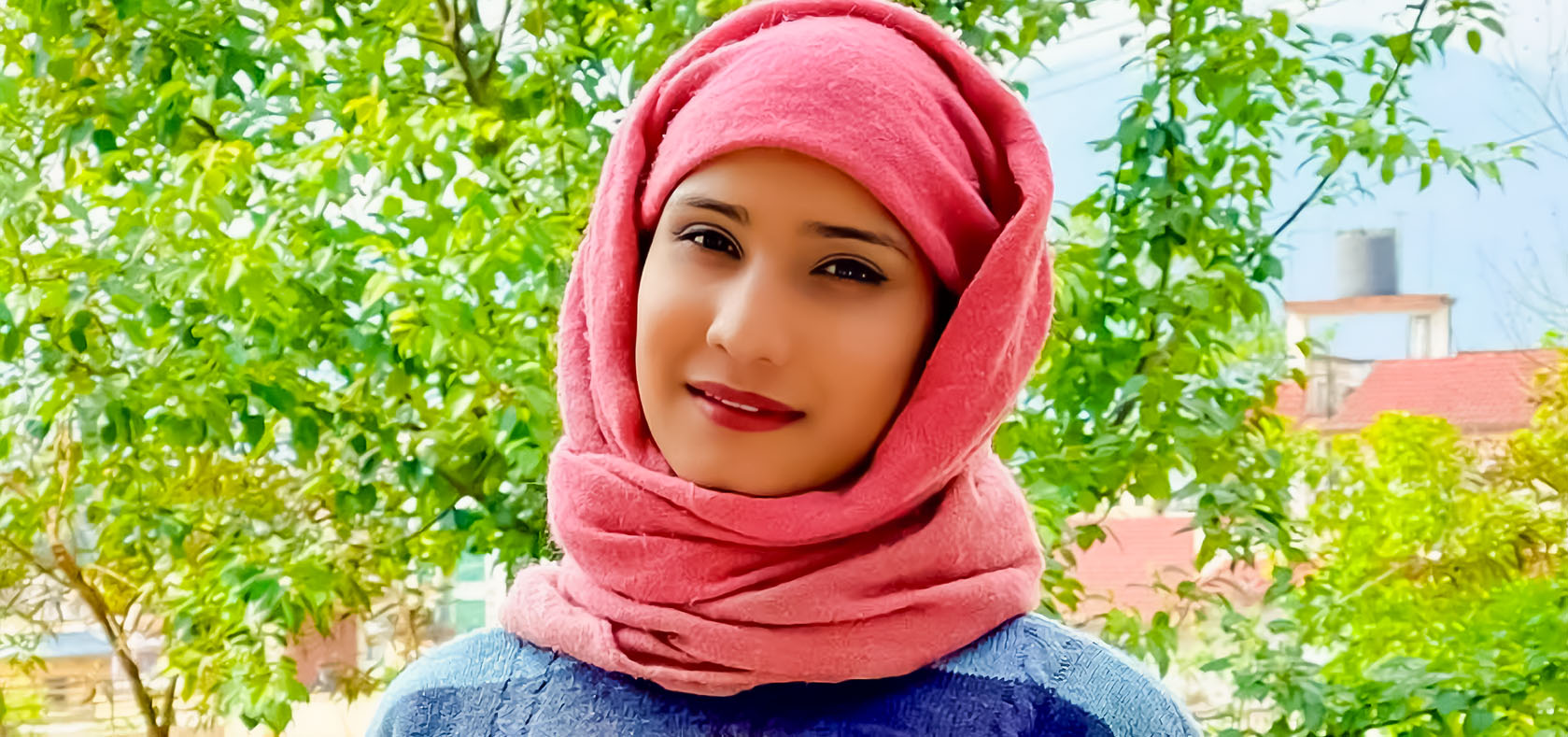
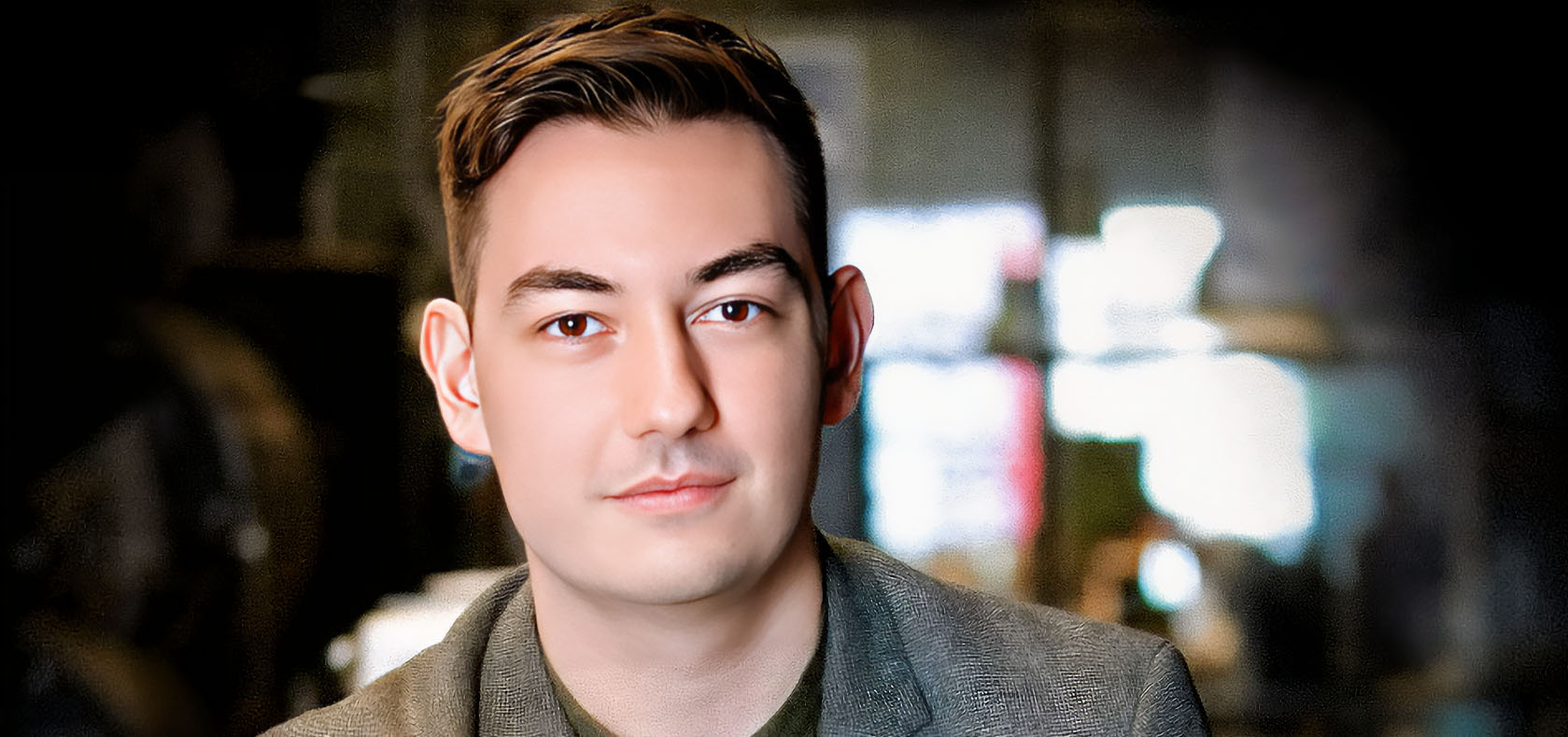
![[cover]](/sites/default/files/2023-07/np-evidence-to-action-2-1679px.jpg?t=1689220704)
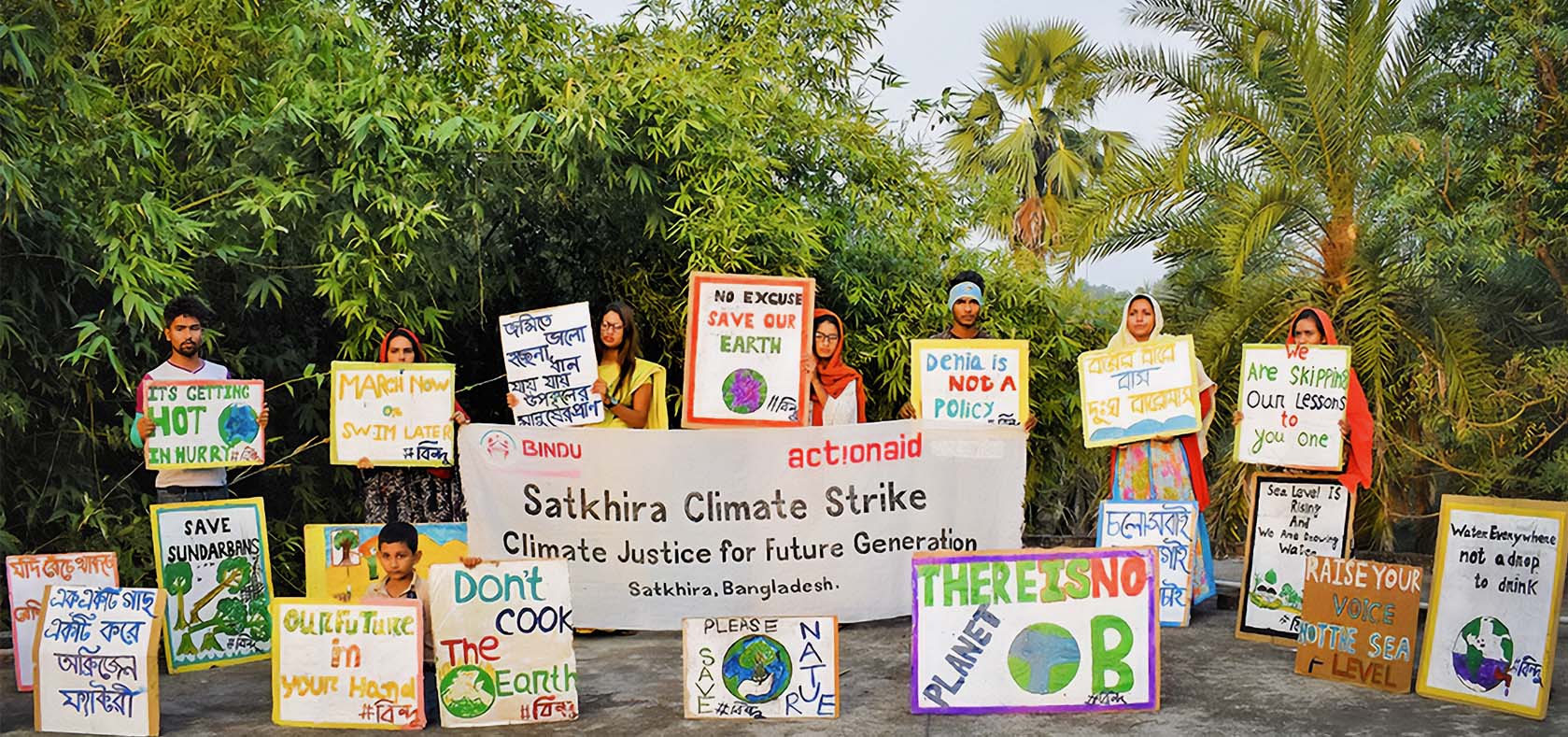
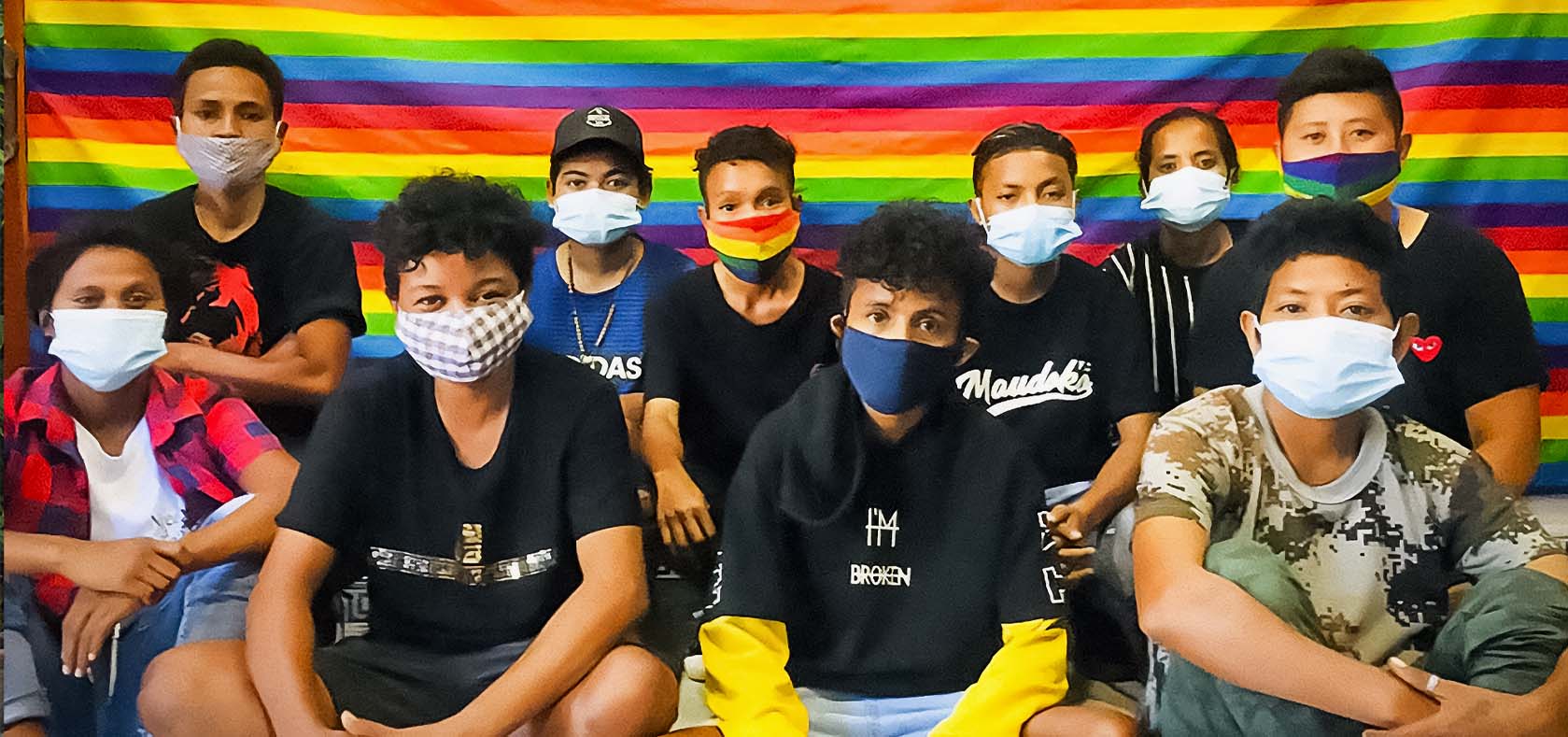
![[LEFT] LGBTIQ+ agenda is slowing coming in the mainstream culture, but queer individuals are still forced to hide their identities. This picture of Deepsh Shrestha represents the dichotomy. [RIGHT] Queer Indigenous March 2019. Photo: Dia Yonzon](/sites/default/files/2023-07/pk-rights-and-representation-1679px.jpg?t=1689220904)
